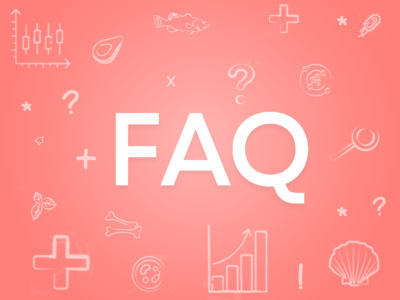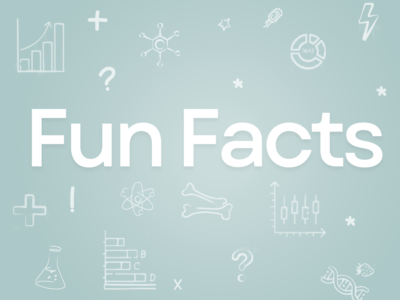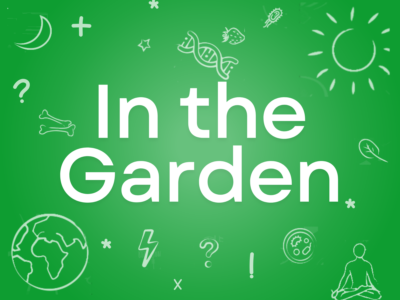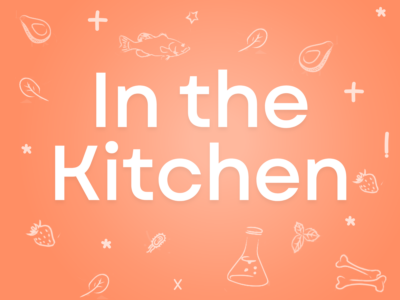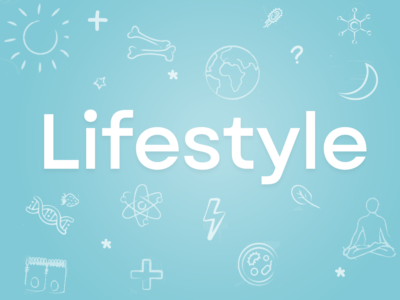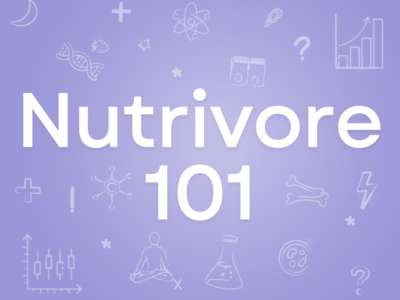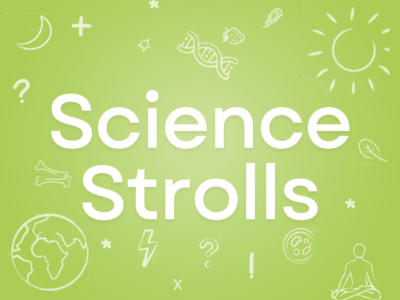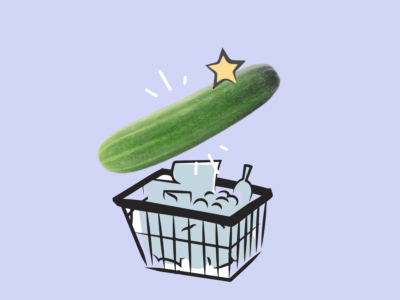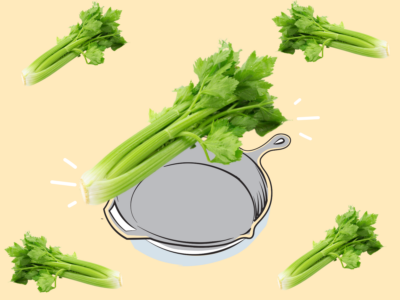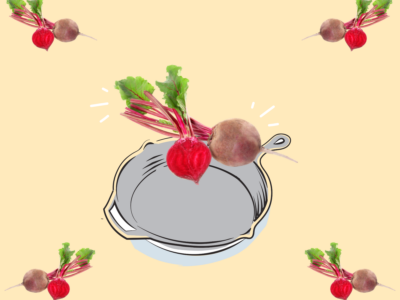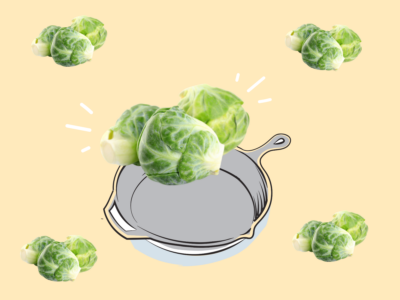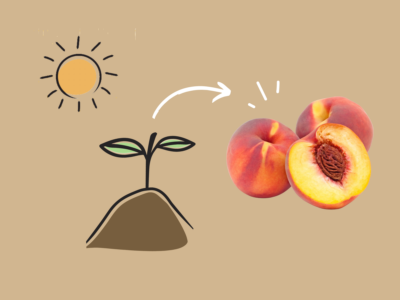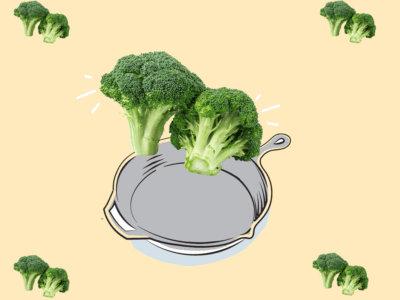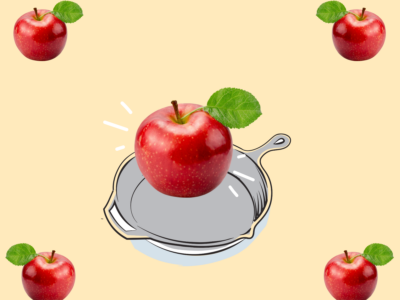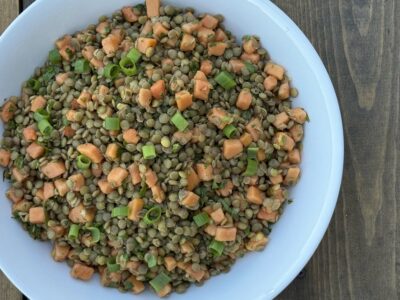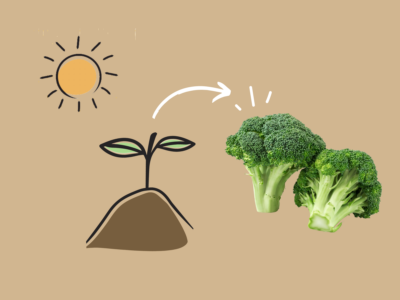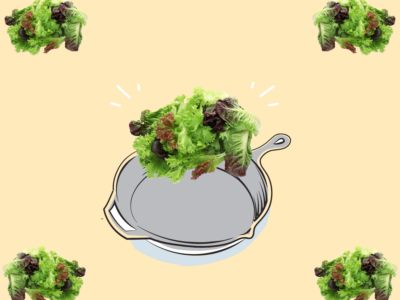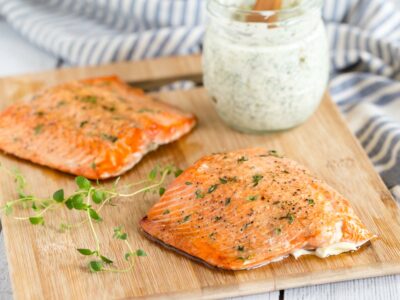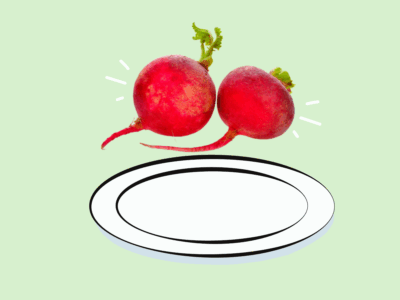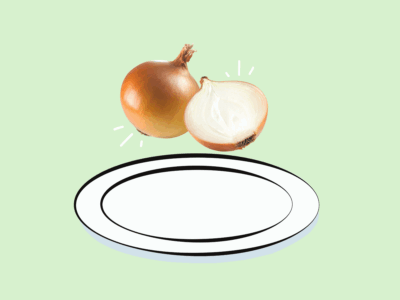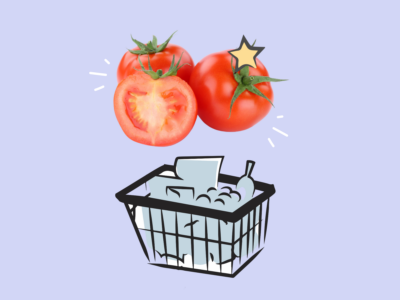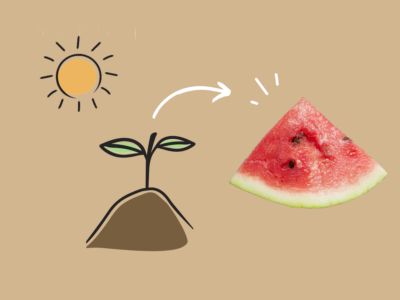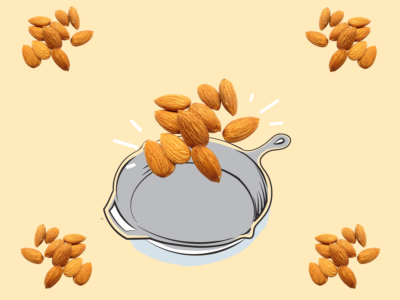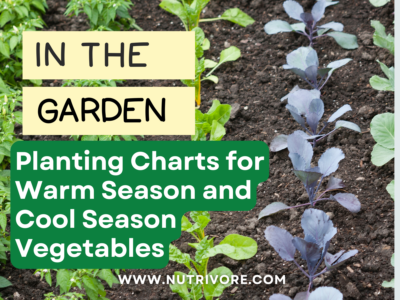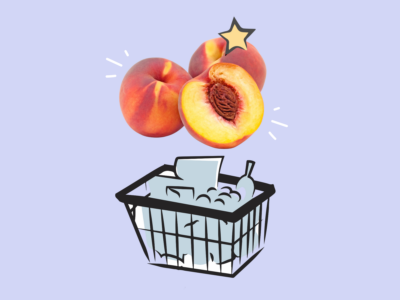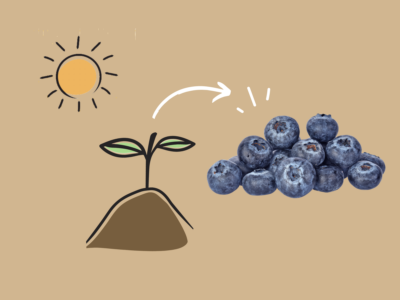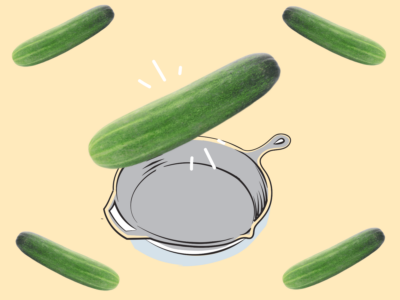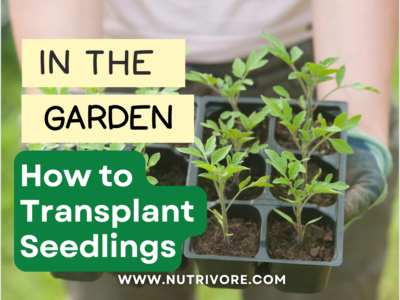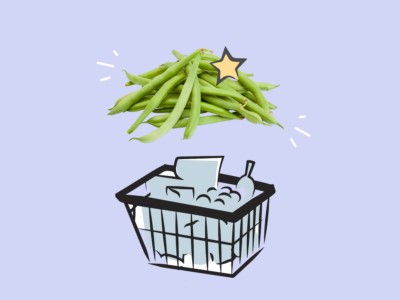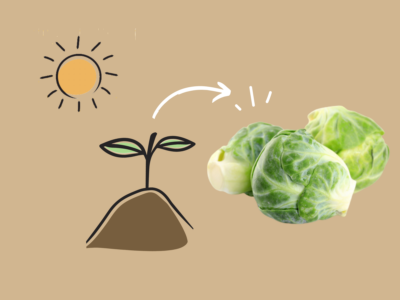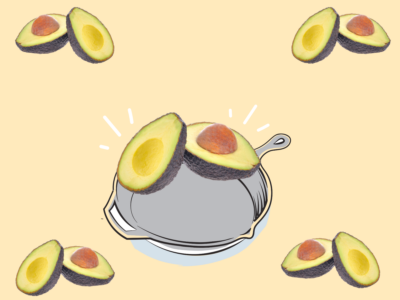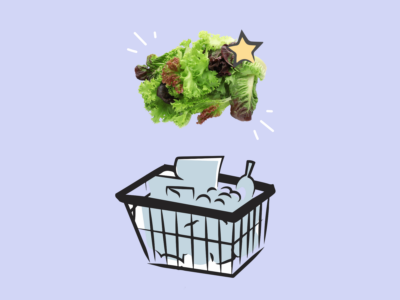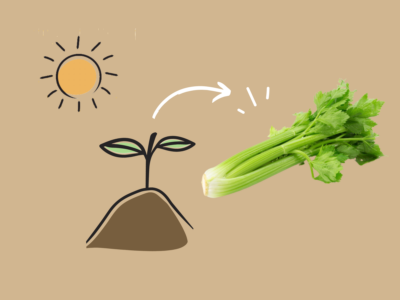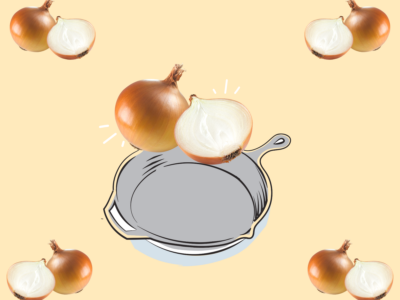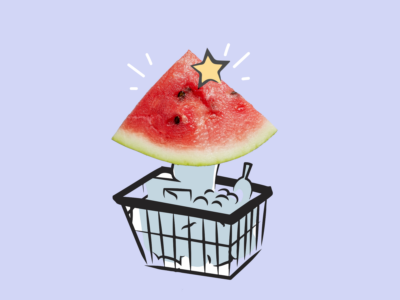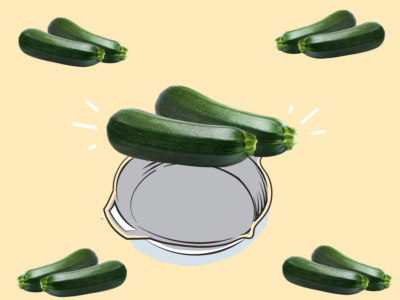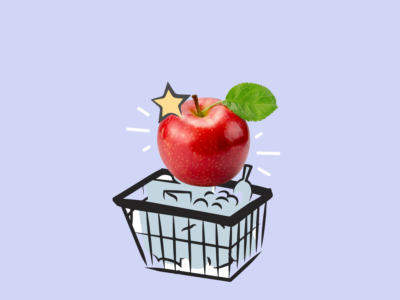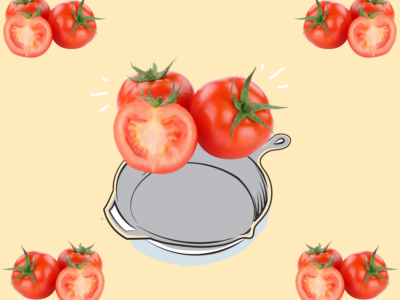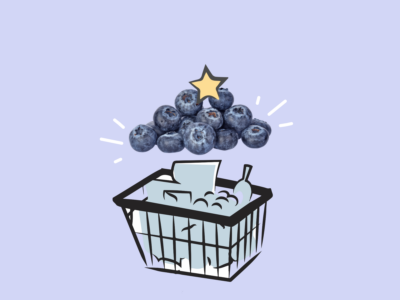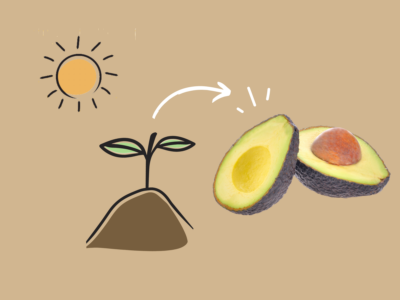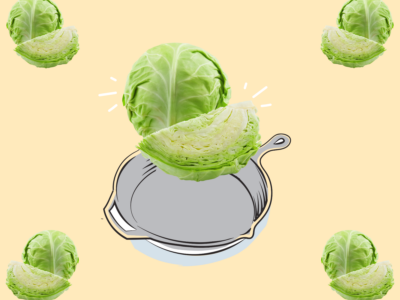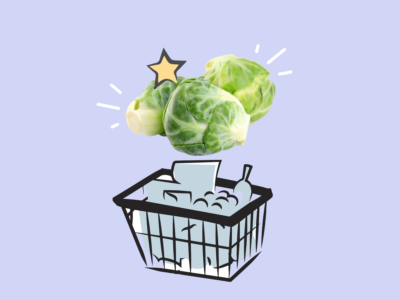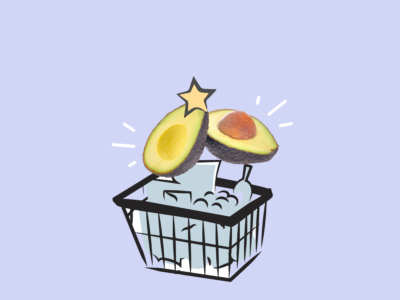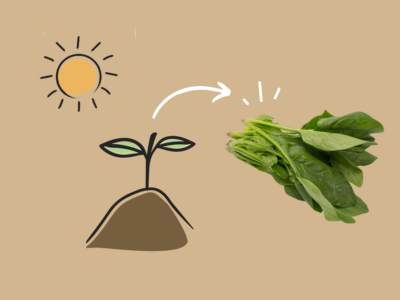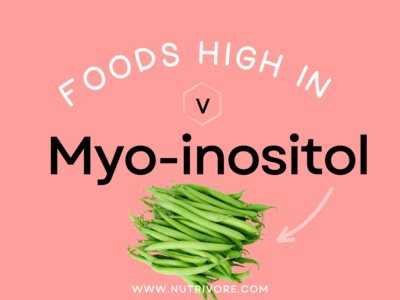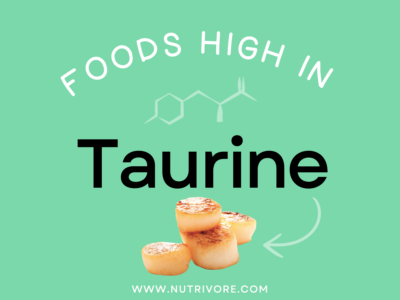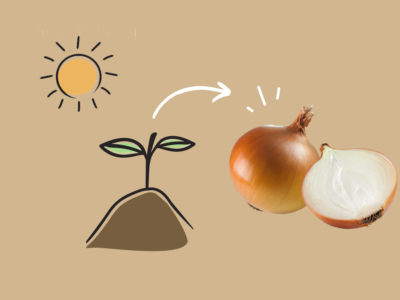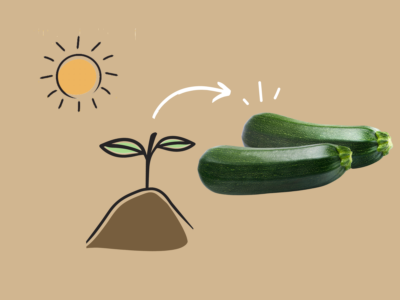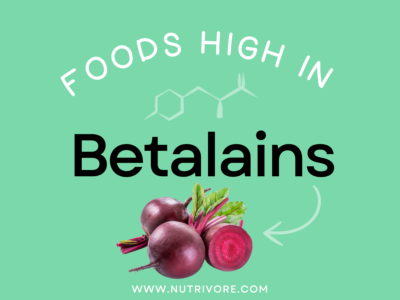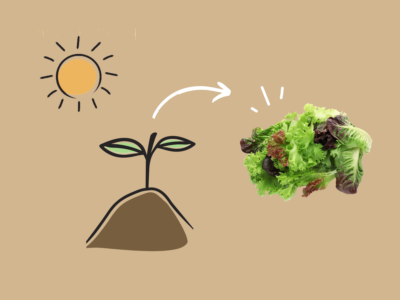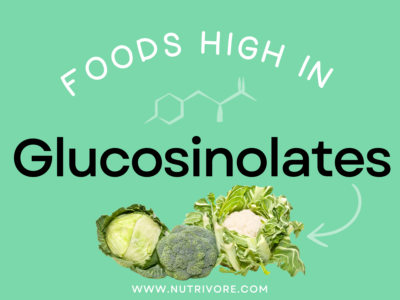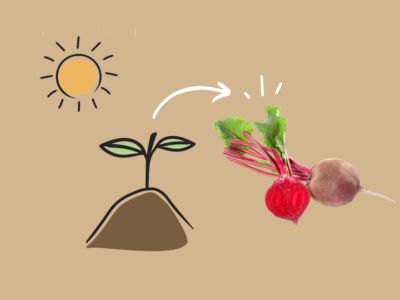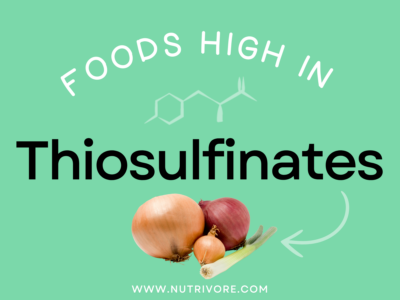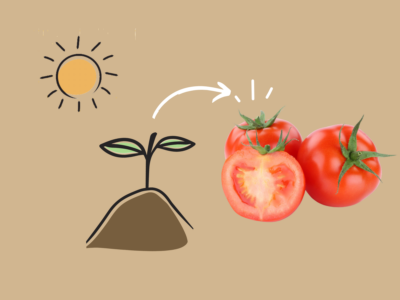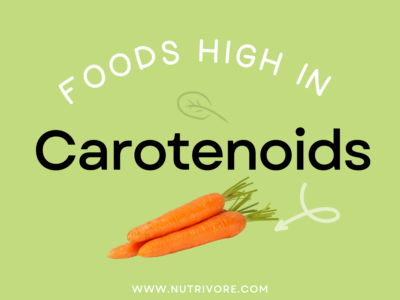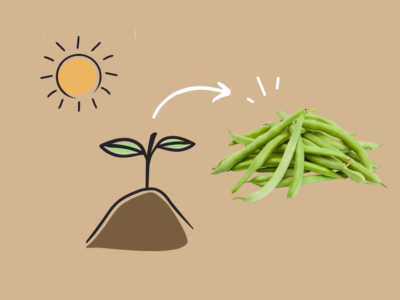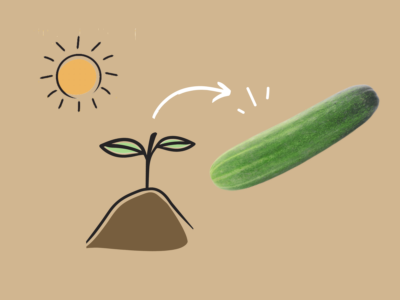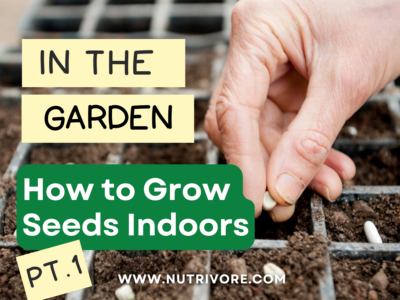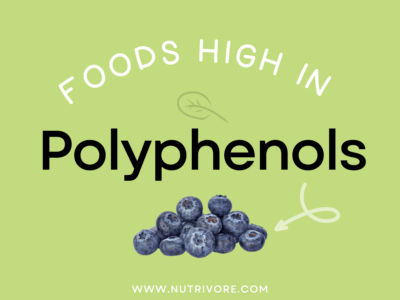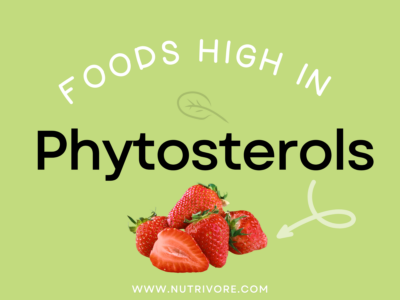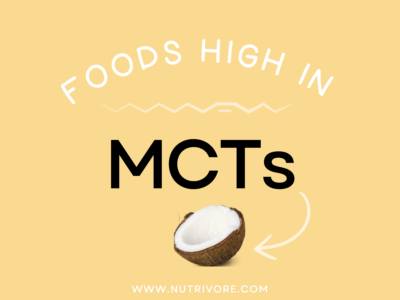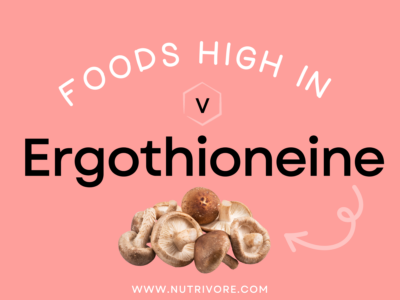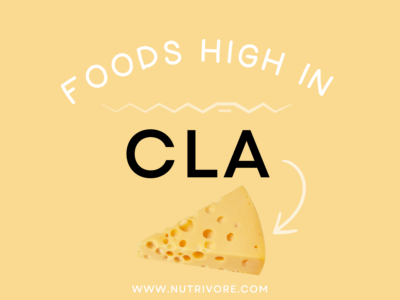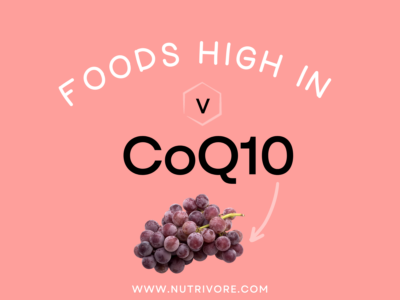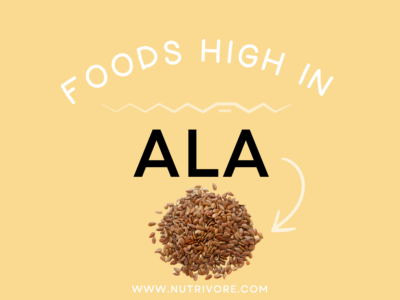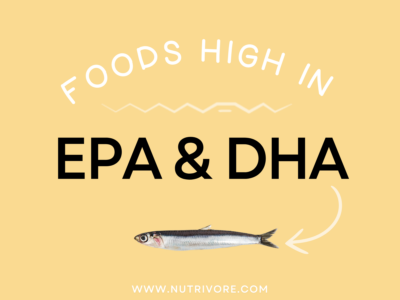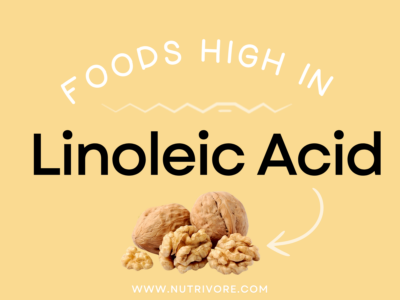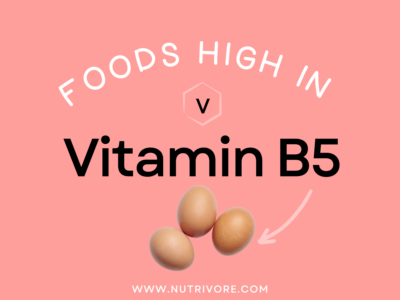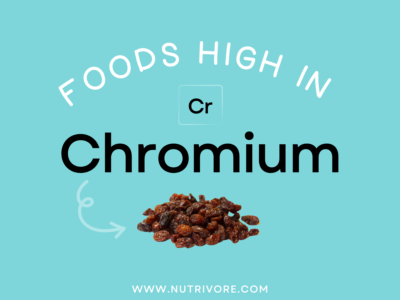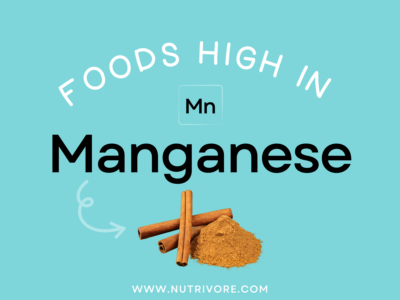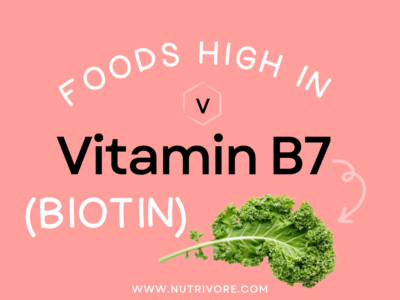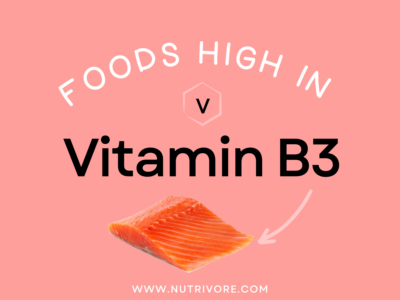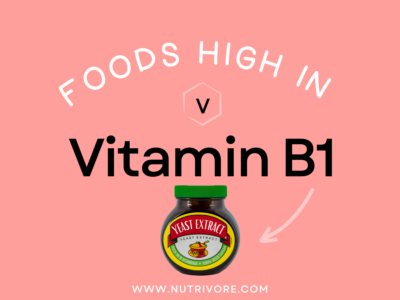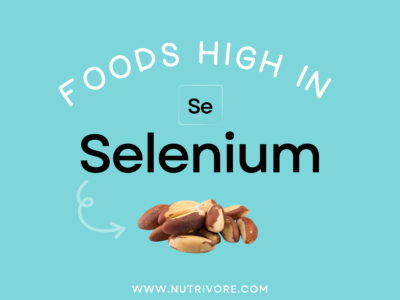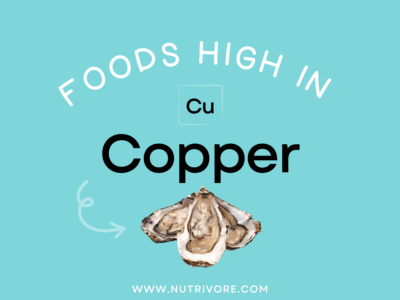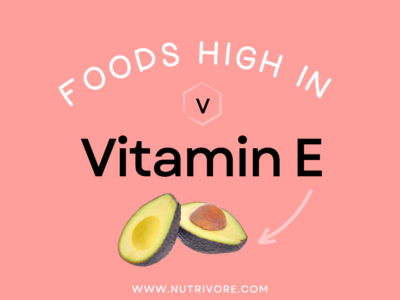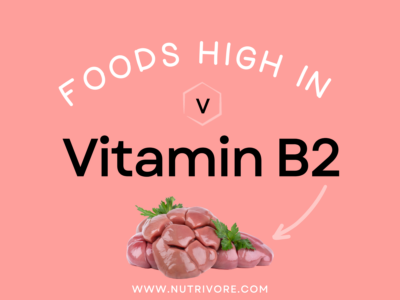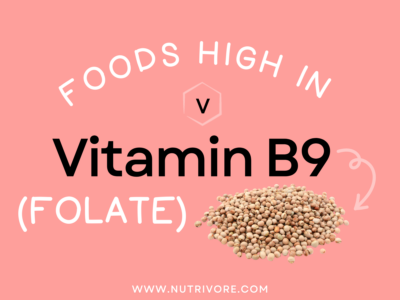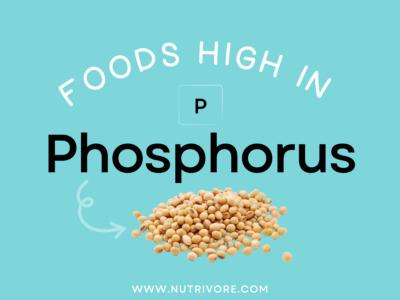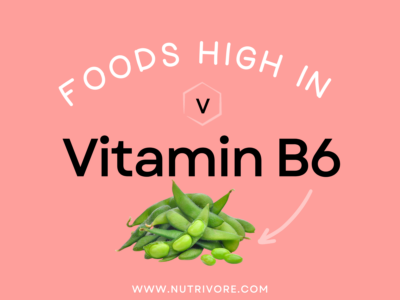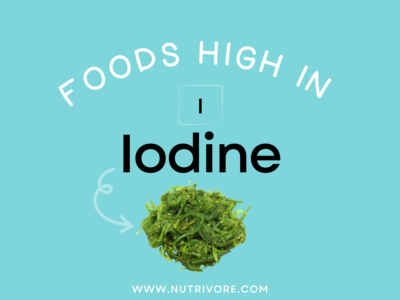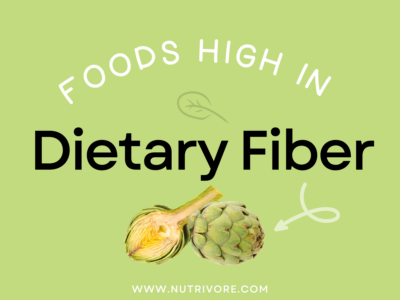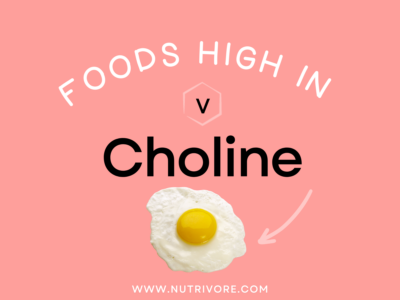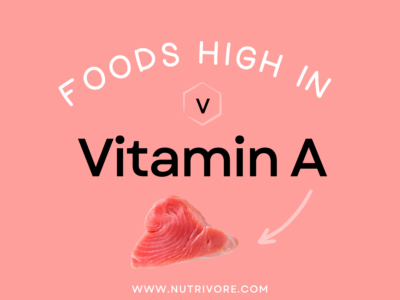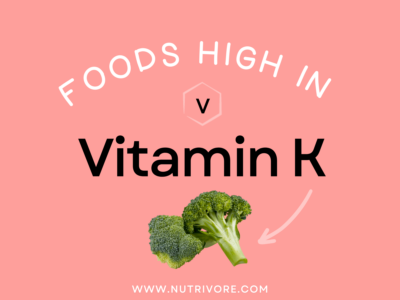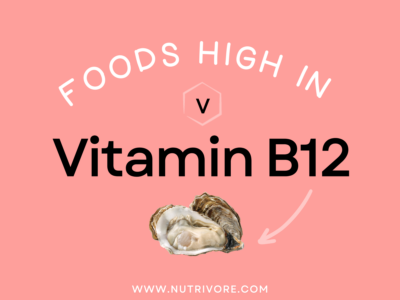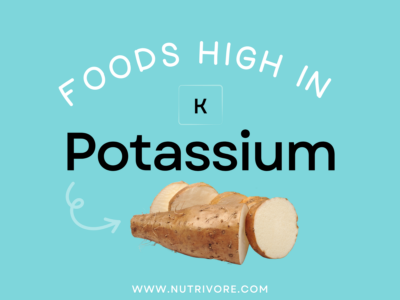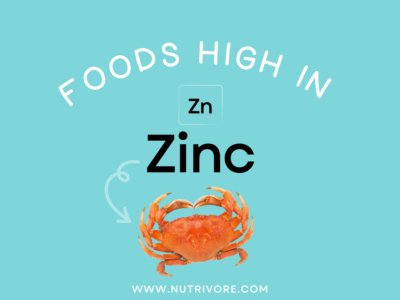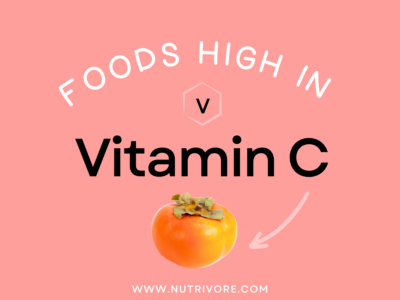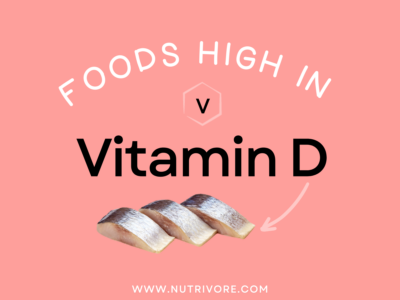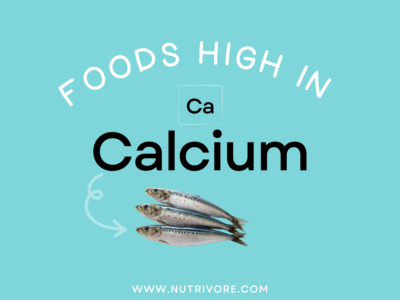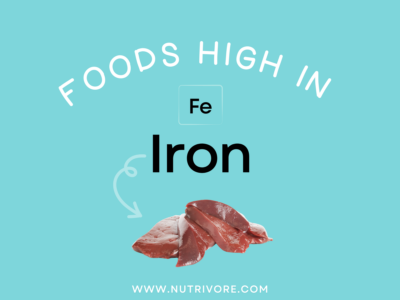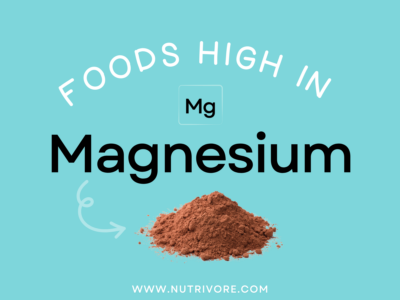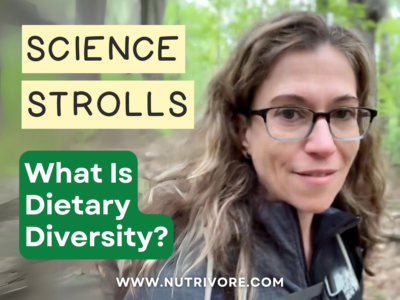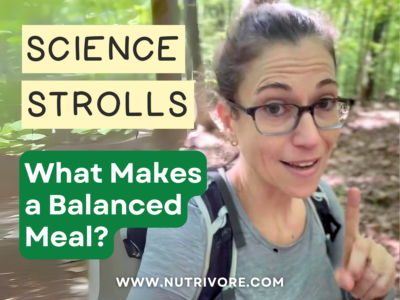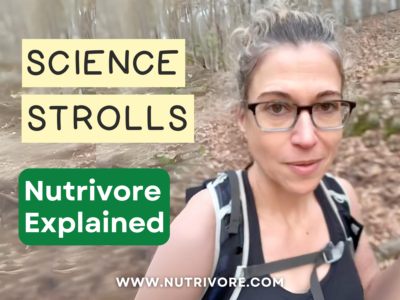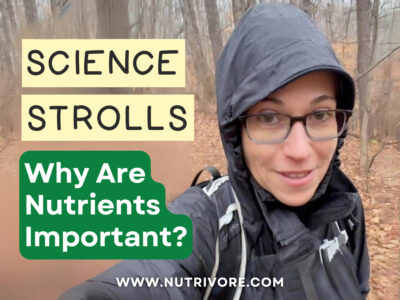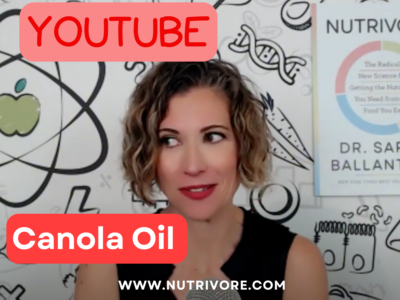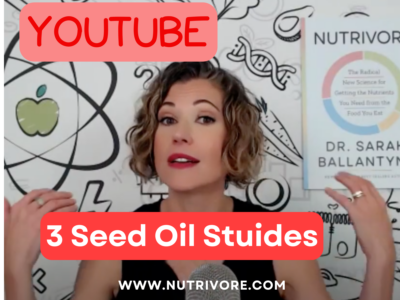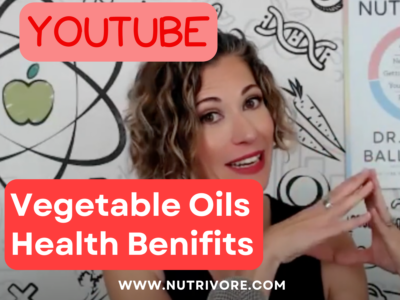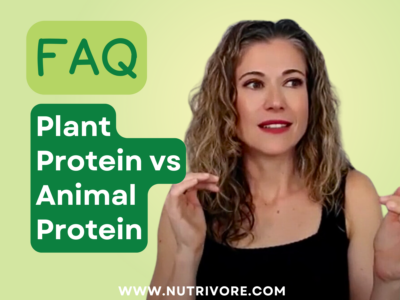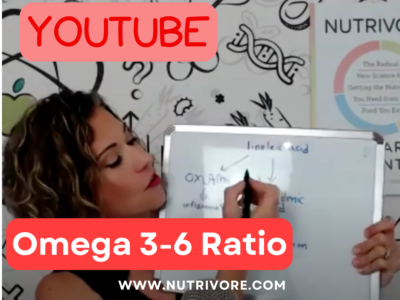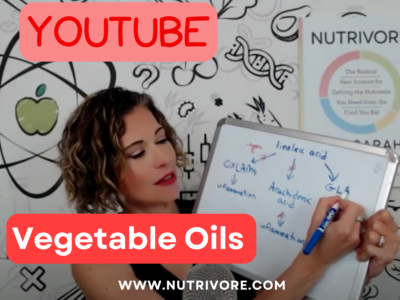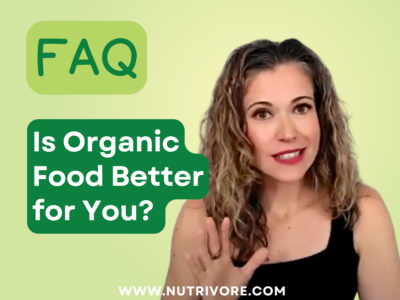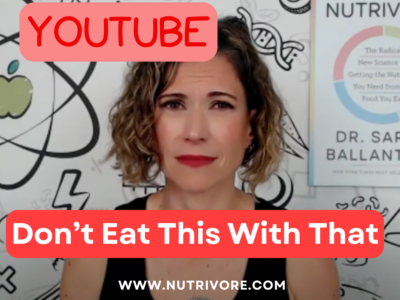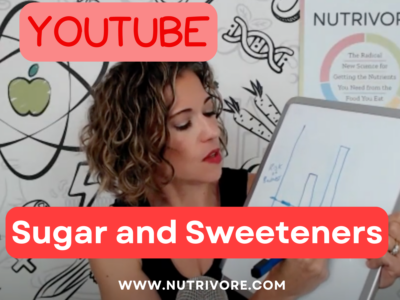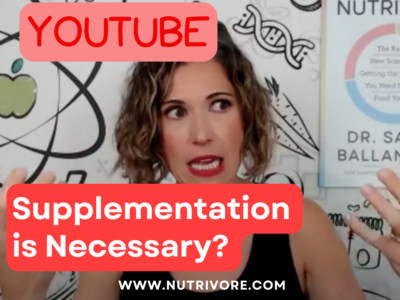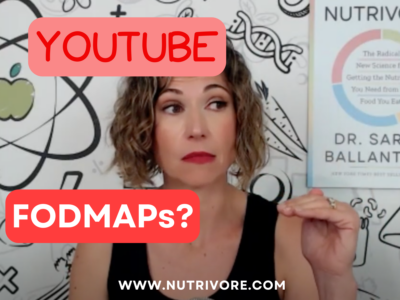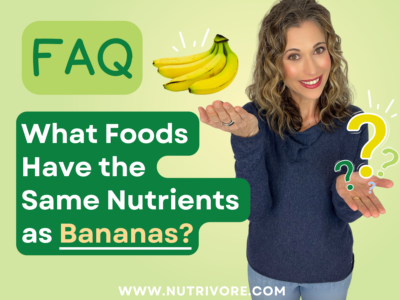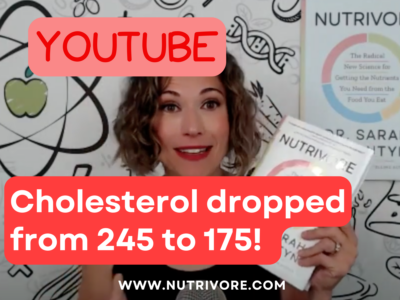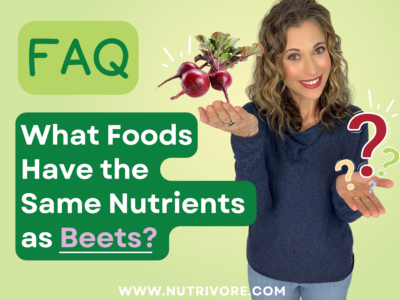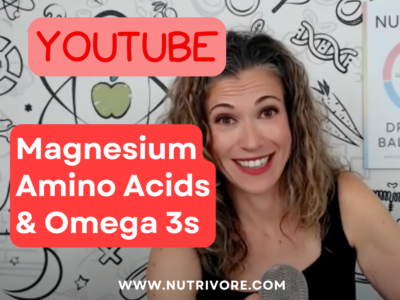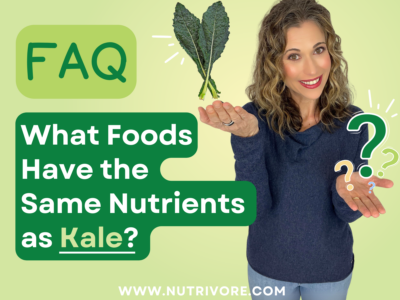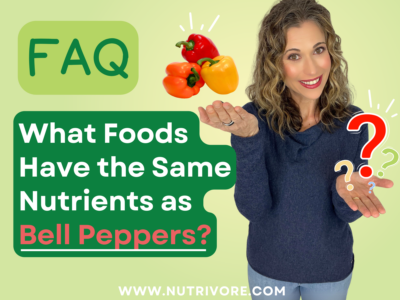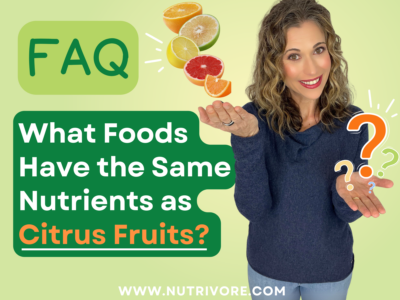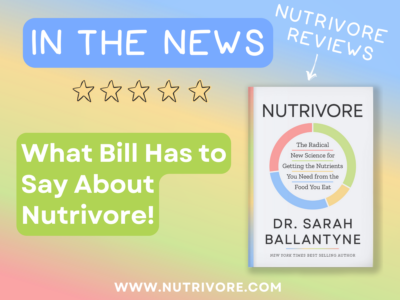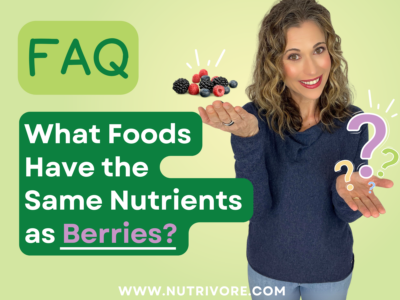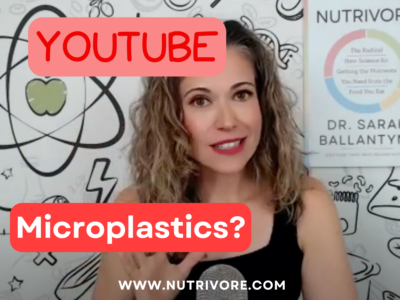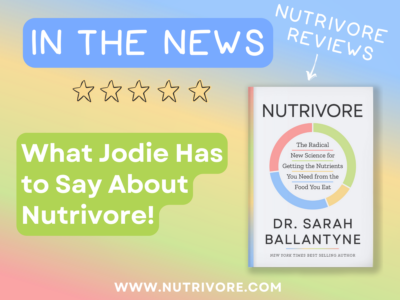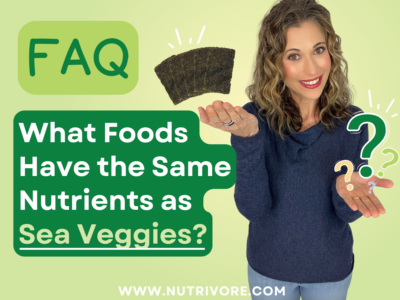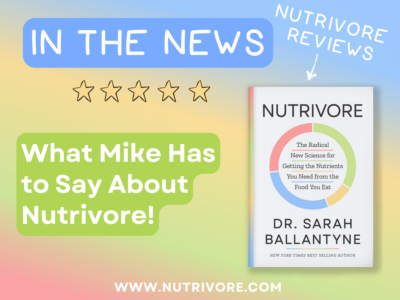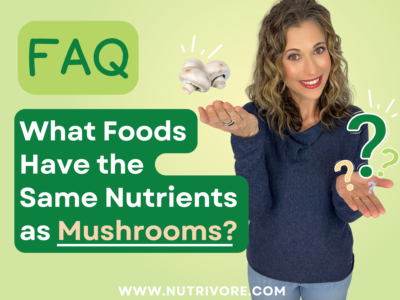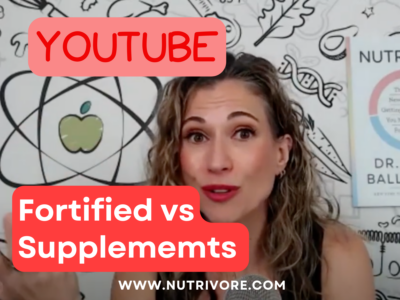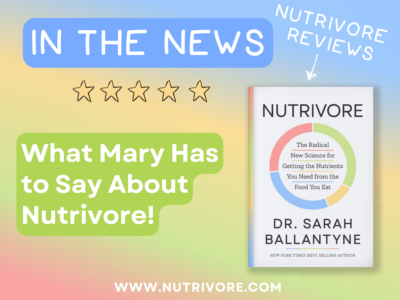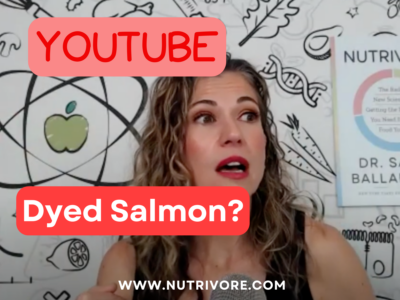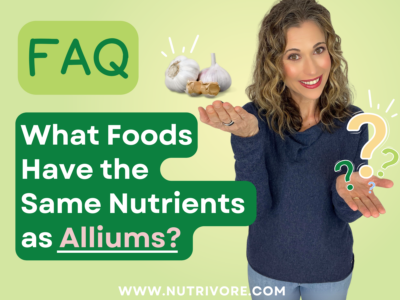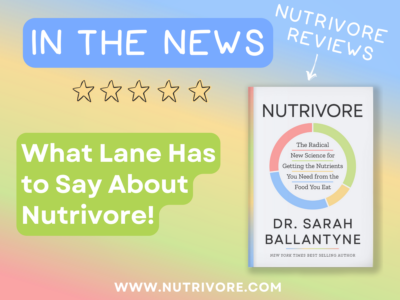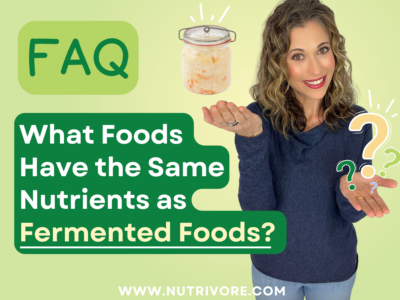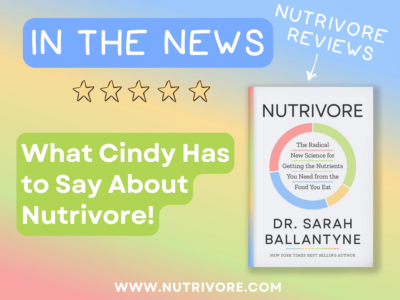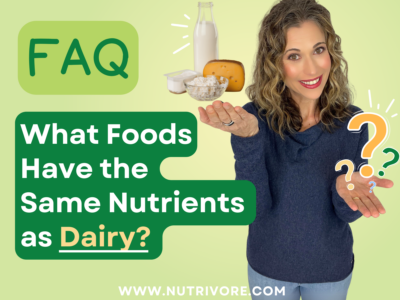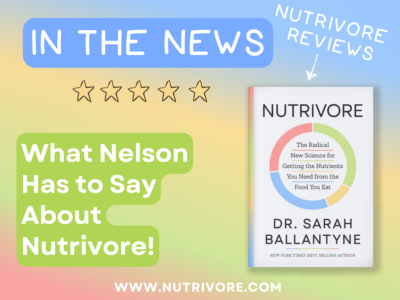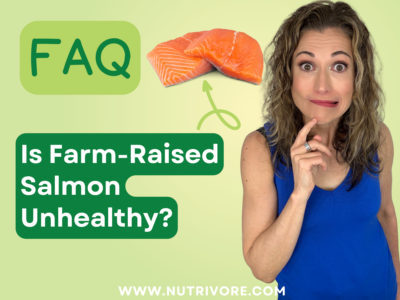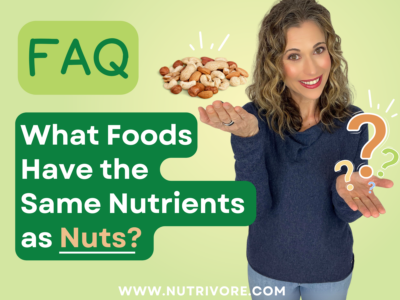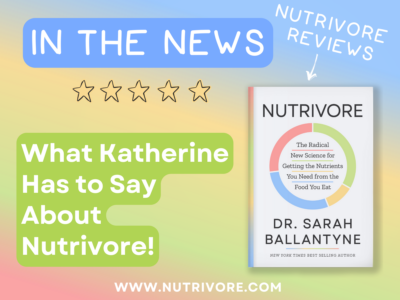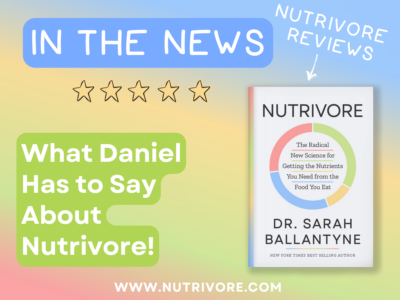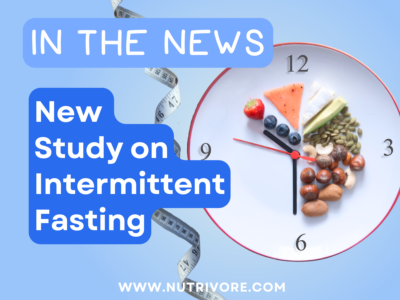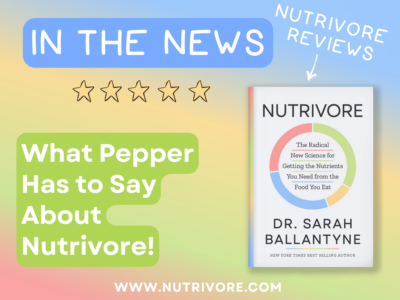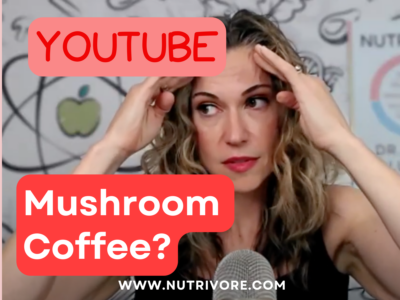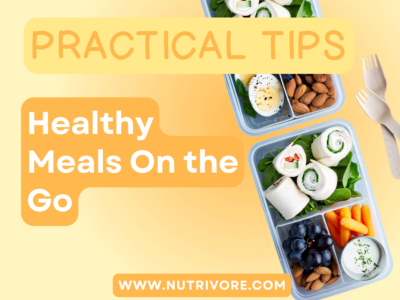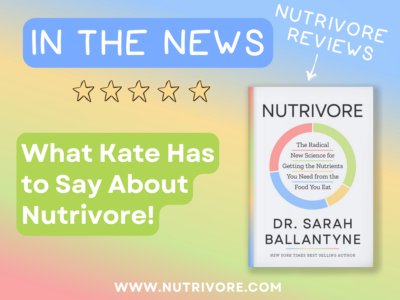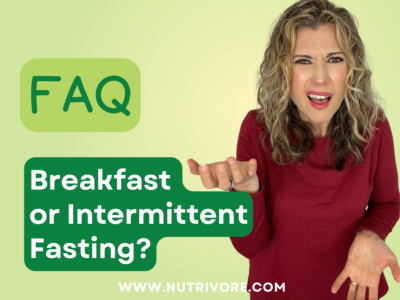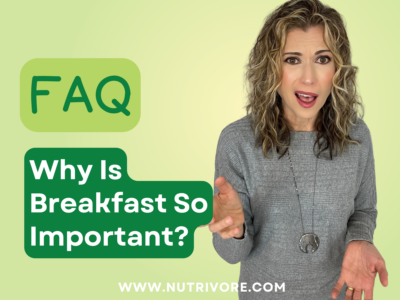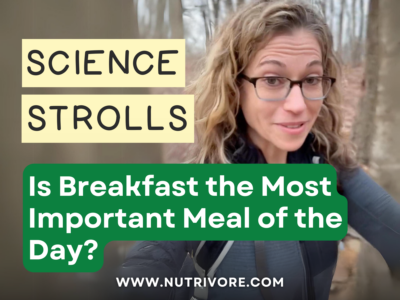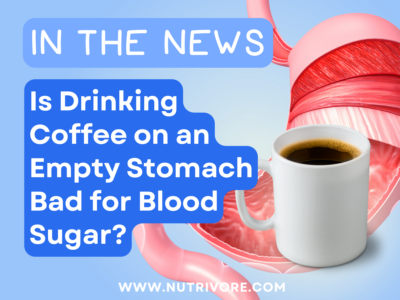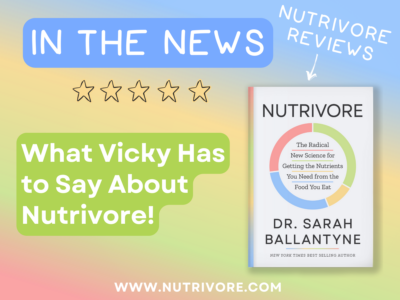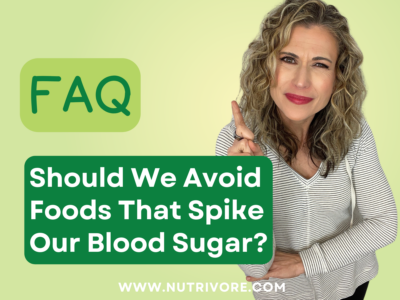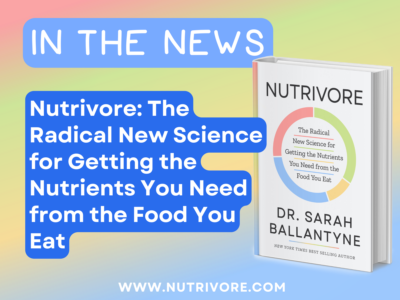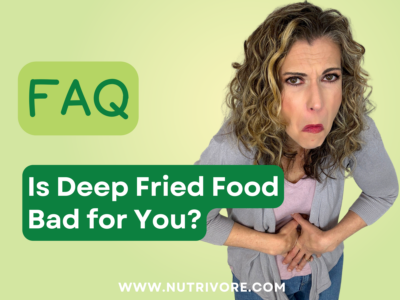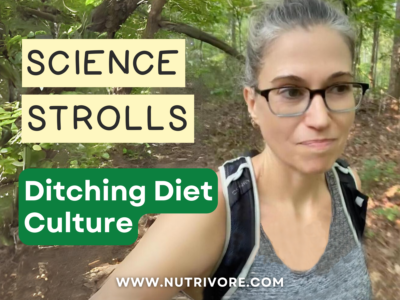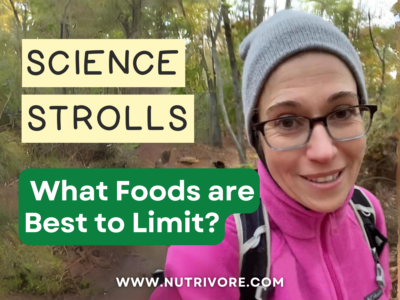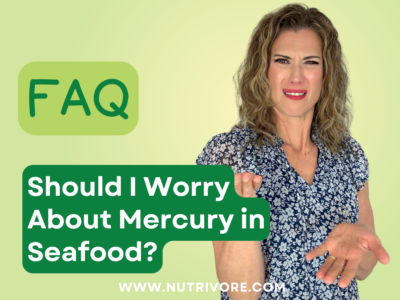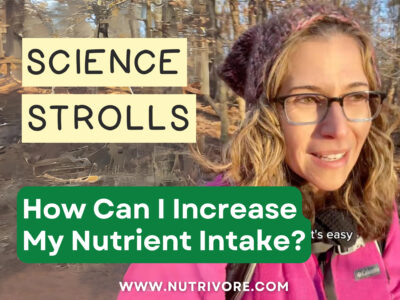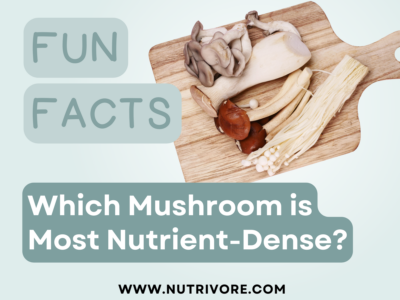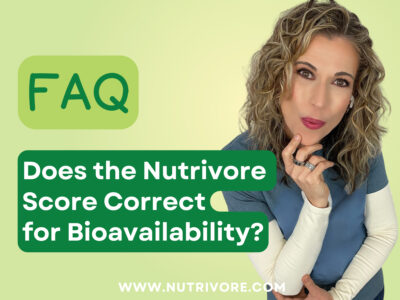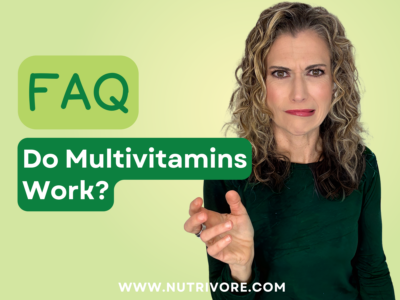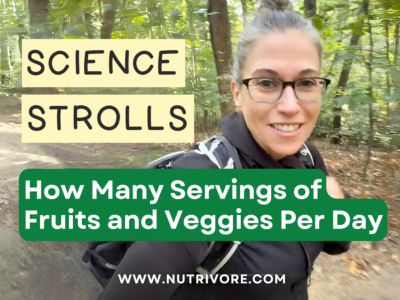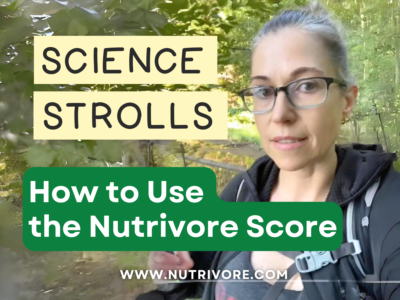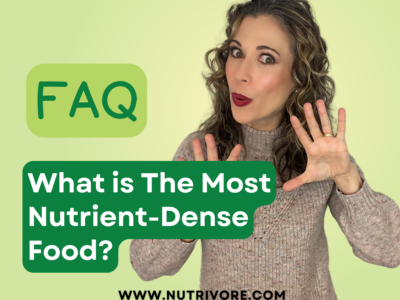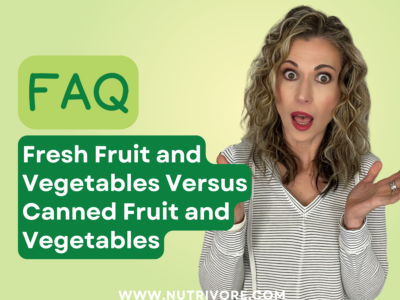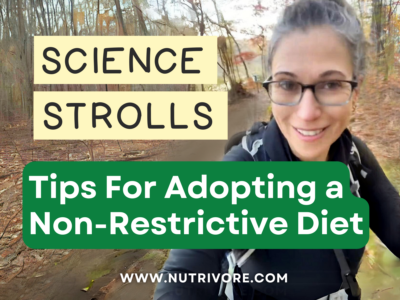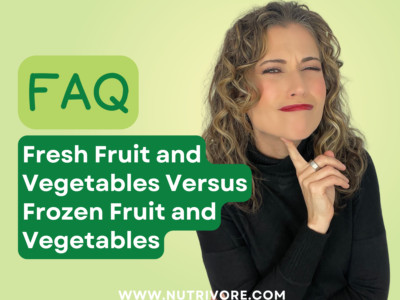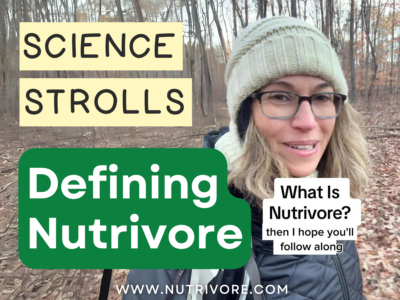Most Recent
Shopping, Selecting and Storing Cucumbers
Looking for the best cucumber at the grocery store or farmers market? Learn how to spot crisp, fresh cucumbers, how to store them to keep them crunchy, and what to do if you find yourself with too many on hand (hello, pickles!). Plus, easy tips for freezing and fermenting.
Celery in the Kitchen
Celery is more than just a crunchy snack—it’s a kitchen staple across global cuisines. From sautéed celery in stews to raw celery in salads or as a dip-worthy veggie stick, this versatile vegetable brings flavor and texture to countless dishes. Don’t forget the leaves, celery root, and even celery salt—they all have tasty roles to play!
Shopping, Selecting and Storing Almonds
Almonds are a pantry MVP—but only if they stay fresh! Learn how to shop smart, store almonds like a pro, and keep them fresh, flavorful, and ready for your next snack or recipe.
Beets and Beet Greens in the Kitchen
Beets are one of the most versatile veggies around—delicious roasted, raw, pickled, or blended into dips, soups, and even desserts. Whether you love beets or aren’t convinced (yet), this colorful root offers endless culinary possibilities.
Shopping, Selecting and Storing Oranges
Learn how to pick ripe, juicy oranges and keep them fresh longer with practical orange storage tips. From room temperature to refrigeration, plus freezing and dehydrating options, here’s how to extend shelf life and preserve vitamin C in your favorite citrus fruits.
Brussels Sprouts in the Kitchen
Once a dreaded veggie, Brussels sprouts are finally getting the love they deserve. Learn the science behind their bitter reputation and explore proven ways to bring out their best flavor—turning them into a family favorite.
How To Grow Peaches
Peach trees are surprisingly doable in a home garden. With the right chill hours, a sunny location, and a bit of care, you’ll enjoy sweet, juicy fruit right from your backyard.
Recipes for a Greek-Inspired Mediterranean Feast
These Greek-inspired Mediterranean recipes bring fresh flavors, vibrant herbs, and nourishing real food ingredients to your table.
Shopping, Selecting and Storing Celery & Celery Root
From crispy stalks to knobby celery root, learn how to shop for the freshest celery, how to store it to maximize shelf life, and which storage methods help prevent wilting and spoilage—plus tips for freezing and using up every last stalk and leaf.
Winner Winner Chicken Dinner: Recipes to Inspire
These healthy chicken recipes showcase delicious ways to cook everything from whole chickens to boneless skinless breasts using a variety of methods.
Broccoli in the Kitchen
Looking for the best way to cook broccoli? From roasting to steaming to sautéing, this flexible veggie delivers in both flavor and nutrition. Learn how to cook broccoli florets, stalks, and even leaves using simple methods that preserve nutrients, enhance taste, and add variety to your meals.
Apples in the Kitchen
Whether you’re baking apple pie, making applesauce, or reaching for a delicious apple as a snack, this kitchen staple can do it all! Discover how to use apples in sweet treats, savory meals, sauces, and even baking swaps—with tips for getting the most from every apple.
Shopping, Selecting and Storing Cabbage
From crisp red and green cabbage to tender napa and savoy—choosing the best cabbage is easy when you know what to look for. Learn how to pick a perfect head of cabbage, plus the best ways to store cabbage at home for long-lasting freshness.
Legume Recipes to Power Your Plate
These Legume Recipes to Power Your Plate showcase the nutrient density of beans, lentils, and peas in fresh, flavorful dishes.
How To Grow Broccoli
Broccoli growing is a rewarding cool-season adventure—even if you’re short on space. With the right conditions and a little care, you’ll enjoy big green heads and a steady supply of side shoots from spring through fall.
Lettuce in the Kitchen
Lettuce isn’t just for salads! This versatile leafy green can be grilled, sautéed, stir-fried, or even blended. From lettuce wraps to lettuce soup and warm side dishes, discover how to use lettuce in creative ways that go far beyond the salad bowl.
Party Like a Nutrivore
These healthy holiday appetizer recipes make it easy to party like a Nutrivore this season. You can celebrate, have fun, and still eat nutrient-dense, delicious food. Meatballs, dips, pâtés, and nuts are perfect to serve at home or bring to share at any festive gathering. Share this article: Share on Facebook Share on X (Twitter) …
Nutrient-Dense Holiday Sides
Enjoy the bounty of the fall and winter months with these amazing Nutrient-Dense Holiday Sides!
The Best of Salmon Recipes
If you are looking to incorporate more seafood into your diet, salmon is often a good place to start. These are some of our favorite recipes!
Our Favorite Fall Vegetable Recipes
From root vegetables to cruciferous favorites, these fall recipes celebrate the best of the season with hearty and flavorful dishes.
Craveable Soups, Stews, and Chilies
These easy soup, stew, and chili recipes are some of our all-time favorites—comforting, craveable, and perfect for every season.
Why Do Some People Hate the Taste of Beets?
Beets are rich in nutrients—but for some, their “dirt-like” flavor is a dealbreaker. This post explores the science behind that earthy taste (hint: it’s geosmin!), why some people are more sensitive to it, and practical tips for making beets more palatable.
Why Do Onions Make You Cry?
You’re halfway through a recipe when the tears start flowing—but why do onions make your eyes sting in the first place? This post breaks down the science behind onion-induced eye irritation and offers practical tips to help you chop without the waterworks.
Shopping, Selecting and Storing Beets and Beet Greens
From firm, brightly colored roots to crisp, vibrant greens—selecting the best beets is easier when you know what to look for. Learn how to choose the freshest bunch and store beets and greens properly to keep them fresh for longer at home.
Sweet Potatoes in the Kitchen
Sweet potatoes are a kitchen all-star—naturally sweet, nutrient-dense, and endlessly versatile. From baked sweet potatoes and crispy fries to smoothies, stews, and even baked goods, these tubers can do it all. Learn how to cook sweet potatoes in a variety of delicious ways, plus tips on choosing the best varieties, using pantry-friendly products like sweet potato flour, and even incorporating sweet potato greens into your meals.
Shopping, Selecting and Storing Tomatoes
Whether you’re shopping at a farmers market or grocery store, choosing the best tomatoes is all about weight, smell, and ripeness. Learn how to pick juicy tomatoes, extend shelf life, and store tomatoes the right way—plus tips on freezing and preserving all types of tomatoes!
How To Grow Apples
Crisp fall mornings, buzzing bees, and branches heavy with apples—growing your own apple tree brings magic to the backyard. From selecting the perfect variety to digging the planting hole, adding mulch, and thinning fruit in summer, you’ll learn everything you need to grow a thriving tree that produces for years to come.
Spinach in the Kitchen
Spinach is a kitchen MVP—easy to cook, easy to love, and endlessly versatile. Whether you’re working with fresh bunches, baby spinach, or frozen spinach, this leafy green can be blended, baked, sautéed, or stirred into nearly any meal. From smoothies and soups to stir-fries and creamy sides, discover how to make spinach work for your favorite dishes while boosting your nutrition with every bite.
Shopping, Selecting and Storing Pomegranates
Pomegranates aren’t just beautiful—they’re long-lasting, easy to store, and packed with sweet-tart arils that freeze well for year-round use. Learn how to pick the ripest fruit, store it for maximum freshness, and master the art of de-seeding without making a mess!
How To Grow Watermelon
Nothing says summer like a juicy, sun-warmed watermelon straight from the garden! With the right mix of sunshine, space, and a little patience, you can grow your own vibrant, vine-ripened melons—whether you’ve got a big backyard or a balcony container.
Almonds in the Kitchen
Discover all the delicious ways to enjoy almonds while maximizing their health benefits! This nutrient-packed nut adds flavor, texture, and a powerful dose of vitamins, minerals, and healthy fats to your meals. From savory stir-fries to sweet marzipan treats—and even green almonds—learn how to incorporate almonds into your diet and explore the wide range of almond-based products like almond flour, almond meal, almond butter, and almond milk.
Planting Charts for Warm Season and Cool Season Vegetables
Ready to turn your garden into a veggie wonderland? These easy planting charts make garden planning by season a breeze—whether you’re dreaming of cool-weather carrots or sun-loving tomatoes. Plus, get tips on good plant buddies, space-saving combos, and how to pack your garden like a pro.
Shopping, Selecting and Storing Peaches
Looking for the best peaches? Learn how to spot ripe, juicy fruit at the farmers’ market or grocery store, how to store peaches to keep them fresh longer, and easy ways to freeze or preserve any extras so you can savor peach season year-round.
How To Grow Blueberries
Discover how easy it is to grow blueberries at home! With a bit of prep in the first year, you can enjoy plump, juicy berries year after year—right from your backyard or even a container on your patio.
Cucumbers in the Kitchen
From crunchy salads to savory sides, cucumbers are one of the most refreshing and versatile veggies around. Enjoy them raw, spiralized, stuffed, sautéed, or pickled—there’s no shortage of ways to make this cool classic shine.
How to Transplant Seedlings
Susan Talbot hovered over a tray of delicate seedlings, each one a tiny green promise. She’d nursed them from seed, fussed over their light and warmth, and now it was time—almost. But before planting them, she’d need to harden them off, prep the beds, and face the nerve-wracking moment of letting them go. With sun, soil, and a little strategy, Susan learned that transplanting isn’t just a gardening task—it’s a rite of passage.
Join Susan as she guides you step-by-step through building a thriving garden bed from scratch. With thoughtful insights and practical tips, she’ll show you how to choose the right seeds, set up the ideal growing environment, and nurture seedlings into healthy, productive plants.
Shopping, Selecting and Storing Green Beans
Green beans are a crisp, colorful staple in every kitchen. Learn how to choose the best beans, store them for maximum freshness, and preserve extras to enjoy all year long.
How To Grow Brussels Sprouts
Brussels sprouts aren’t the easiest veggie to grow, but if you’ve got the patience, this cool-season crop will reward you with homegrown sprouts straight from the stalk—fun to harvest and delicious to eat!
Avocado in the Kitchen
Avocados are a creamy, nutrient-rich fruit that work just as well in savory dishes as they do in sweet treats. From guacamole to smoothies, dressings, and even desserts, explore the many delicious ways to cook with avocado.
Shopping, Selecting and Storing Lettuce
Lettuce is a crisp and refreshing staple for any kitchen, especially when it’s in season! Learn how to choose the freshest heads, store them properly, and keep your greens crunchy until it’s time to toss that perfect salad.
How To Grow Celery
With the right timing and care, growing celery is possible in your backyard or even from kitchen scraps—learn how to get started and keep your crop thriving.
Onions in the Kitchen
From caramelized and roasted to pickled or sautéed, onions can be cooked every which way—each method unlocking a new depth of flavor. Whether you’re layering them into stews, blending them into soups, or sneaking them into sauces, this kitchen staple deserves a starring role.
Shopping, Selecting and Storing Watermelon
Juicy, sweet, and perfect for hot summer days, watermelon is a fruit worth picking right. Learn how to shop for the best melon, store it properly, and even freeze it for year-round enjoyment.
How To Grow Cabbage
Cabbage doesn’t ask for much—just some compost, cool weather, and a bit of space. In return, it gives you firm, flavorful heads that are perfect for everything from slaw to sauerkraut.
Zucchini in the Kitchen
Zucchini’s mild flavor makes it one of the most versatile veggies in the kitchen! Whether baked, grilled, spiralized into “zoodles,” or hidden in baked goods, adding zucchini to recipes is a delicious way to boost your veggie intake.
Shopping, Selecting and Storing Apples
Whether you’re apple picking in the fall or grabbing a few from the store, apples are one of the easiest fruits to shop for and store! Learn how to select the best apples, extend their shelf life, and preserve extras for year-round enjoyment—from freezer to homemade applesauce.
Tomatoes in the Kitchen
Tomatoes bring a burst of sweet, savory, and umami flavor to kitchens around the world! With endless ways to enjoy them fresh, cooked, canned, or even fermented, it’s no wonder this juicy culinary favorite finds its way into so many meals. From colorful heirlooms to pantry staples like tomato paste and salsa, tomatoes truly are the ultimate kitchen all-star.
Shopping, Selecting and Storing Blueberries
Whether fresh from a farm or straight from the freezer, blueberries are tasty, plump, juicy, little gems of goodness generally adored by kids and adults alike. Learn how to select the best berries, keep them fresh, and freeze them properly to enjoy all year long.
How To Grow Avocado
No backyard? No problem! Whether you live in a warm climate or a tiny apartment, growing an avocado from a pit is a fun, rewarding way to connect with your food. From sprouting a seed to caring for a full-grown tree, discover everything you need to know to grow your own avocado.
Cabbage in the Kitchen
Cabbage might just be the most underrated superstar in your kitchen! Whether you’re tossing it raw into a salad, roasting it into crispy steaks, or tucking it into cabbage rolls, this budget-friendly veggie proves it can do it all. If you think you don’t like cabbage, you just haven’t found the right way to enjoy it yet!
Shopping, Selecting and Storing Brussels Sprouts
Love them or hate them, Brussels sprouts are a cold-weather classic worth getting right! Learn how to choose the freshest sprouts, store them to keep their flavor, and freeze them like a veggie-saving champ.
Shopping, Selecting and Storing Avocados
Avocados likely won’t grow in your backyard, but with year-round availability, you can still enjoy this creamy fruit anytime! Learn how to choose the perfect avocado, speed up ripening with a simple trick, and store them for maximum freshness.
How To Grow Spinach
Spinach is a cool-season, fast-growing crop that doesn’t leaf you waiting long. With so many varieties to try and the option to grow in garden beds or containers, this nutrient-packed green is as flexible as it is flavorful.
How to Build a Raised Garden Bed
Susan Talbot stood at the edge of her lawn, eyeing the patchy grass and dreaming of a lush, productive garden—without the backaches. Raised beds, she decided, were the answer. But building them was just the start. What to fill them with? Compost cocktails, lasagna layers, logs, or just plain old dirt? As she sifted through gardening advice (and a few internet rabbit holes), Susan discovered that sometimes the best garden beds start with a little creativity—and a lot of compost.
Join Susan as she guides you step-by-step through building a thriving garden bed from scratch. With thoughtful insights and practical tips, she’ll show you how to choose the right seeds, set up the ideal growing environment, and nurture seedlings into healthy, productive plants.
Foods High in Myo-Inositol
Myo-inositol (aka inositol) is a vitamin-like compound that is an important structural component of cell membranes. It’s been shown to reduce anxiety, along with delivering numerous other health benefits, however some of us are falling short in the amount of myo-inositol we are obtaining from our diets! For those looking to up their daily intake of myo-inositol as part of a healthy diet, the top 5 common food sources of myo-inositol per serving are outlined, in addition to numerous other good food sources of myo-inositol.
How To Grow Sweet Potatoes
Grow your own sweet potatoes at home with ease! Unlike regular potatoes, sweet potatoes grow from slips—rooted sprouts taken from a mature sweet potato. With proper care, they produce a bountiful harvest of nutrient-rich tubers, along with edible greens. Cure harvested potatoes for long-term storage, ensuring you get the most out of your homegrown sweet potatoes!
Foods High in Taurine
Taurine is a non-proteinogenic amino acid important for supporting neurological development, along with delivering numerous other health benefits, however some of us are falling short in the taurine levels we are obtaining from our diets! For those looking to up their daily intake of taurine as part of a healthy diet, the top 5 common food sources of taurine per serving are outlined, in addition to numerous other good food sources of taurine.
How To Grow Onions
Onions are a versatile and rewarding crop for home gardeners, offering a variety of flavors, colors, and types suited for different growing conditions. Whether you prefer sweet or pungent onions, choosing the right variety based on your climate and day-length requirements is key to a successful harvest. With a little effort, you’ll be enjoying homegrown onions straight from your garden in no time!
How To Grow Zucchini
Zucchini (also known as courgette or summer squash) is a staple for many home gardeners as it is a vigorous grower, producing tons of fruit, meaning you’ll only need one or two plants in your vegetable garden. With just a little care, your zucchini plants will reward you with a bumper crop—so be ready to enjoy plenty of fresh zucchini all summer long!
Foods High in Betalains
Betalains are a class of phytonutrients with numerous biological activities including anti-cancer properties and antioxidant activity, along with delivering numerous other health benefits, however some of us may be falling short in the amount of betalains we are obtaining from our diets! For those looking to up their daily intake of betalains as part of a healthy diet, the top 5 common food sources per serving are outlined, in addition to numerous other good food sources of betalains.
How To Grow Lettuce
Lettuce is one of the easiest and most rewarding crops to grow, whether in a garden, container, or even indoors! With a variety of types—including crisp iceberg, tender butterhead, sturdy romaine, and colorful loose-leaf—there’s a perfect option for every salad lover. This cool-season crop thrives in spring and fall, but with a little planning, you can enjoy fresh homegrown lettuce nearly year-round. Learn how to grow, harvest, and even re-grow lettuce from kitchen scraps.
How to Grow Seeds Indoors-Planting Method
Susan stood at her kitchen table, sorting through packets of seeds, each one holding the promise of a bountiful harvest. She knew that starting seeds indoors wasn’t just about getting a head start on the growing season—it was about timing, technique, and patience. Some seeds needed an early boost, while others required careful nurturing before they could face the unpredictable elements of the outdoors.
Join Susan as she walks through the essential steps of indoor seed-starting, from perfecting the timing to nurturing young seedlings into strong, thriving plants. With a balance of science and care, she ensures that every tiny sprout has the best possible chance to grow into a productive garden staple.
Foods High in Glucosinolates
Glucosinolates are sulfur-containing compounds found in cruciferous vegetables which break down into bioactive compounds with anti-cancer properties, along with delivering numerous other health benefits, however some of us may be falling short in the amount of glucosinolates we are obtaining from our diets! For those looking to up their daily intake of glucosinolates as part of a healthy diet, the top 5 common food sources per serving are outlined, in addition to numerous other good food sources of glucosinolates.
How To Grow Beets
Beets are one of the easiest veggies to grow making them perfect for first time gardeners. This root veggie thrives in cooler weather, comes in a variety of shapes and colors, and is entirely edible – from the sweet roots to the nutritious leafy tops. Plant them in spring or fall—even in pots if you’re tight on space!
Foods High in Thiosulfinates
Thiosulfinates are unique phytonutrients unique to the allium family. Thiosulfinates provide diverse health benefits, including powerful anticancer properties as well as antioxidant, anti-inflammatory, and antithrombotic effects, however some of us may be falling short in the amount of thiosulfinates we are obtaining from our diets! For those looking to up their daily intake of thiosfulfinates as part of a healthy diet, the top 5 common food sources of thiosulfinates per serving are outlined, in addition to numerous other good food sources.
How To Grow Tomatoes
Of all the “veggies” grown in home gardens, tomatoes top the list! That’s because the taste of a freshly picked vine-ripened homegrown tomato can’t be beat! Tomato plants are inexpensive, yield lots of fruit, can grow in small spaces, and are easy to grow, even for beginners, as long as you live in a sunny climate. With thousands of varieties to choose from, you’re sure to find one that works for you!
Foods High in Carotenoids
Carotenoids are a diverse group of phytonutrients which support eye health and reduce cancer risk and inflammation, along with delivering numerous other health benefits, however some of us are falling short in the amount of carotenoids we are obtaining from our diets! For those looking to up their daily intake of carotenoids as part of a healthy diet, the top 5 common food sources of carotenoids per serving are outlined, in addition to numerous other good food sources of carotenoids.
How To Grow Green Beans
Green beans are one of the easiest plants to grow from seed and are incredibly productive, making them a great choice for home gardeners. There are over 130 varieties of edible pod beans, including yellow, purple, red, and green varieties. Bush beans and pole beans are the two major groups of bean varieties, with bush beans growing compactly and pole beans growing as climbing vines.
How To Grow Cucumbers
Growing cucumbers at home is a rewarding and relatively simple process. There are three main types of cucumbers: pickling, slicing, and seedless, each with its unique characteristics, taste, and nutrition profile. To grow cucumbers, choose a variety that suits your climate and growing conditions and follow appropriate planting, care, and harvesting techniques. With proper care, you can enjoy fresh cucumbers all season long—even from containers!
How to Grow Seeds Indoors – Shopping List
Susan Talbot stood in her unheated garage, carefully drilling drainage holes into repurposed containers, dreaming of spring. The seeds she had chosen were more than just potential plants—they represented her family’s favorite meals, hopes for vibrant harvests, and her commitment to nurturing life from seed to plate. Yet, she soon discovered that successful gardening began long before planting; it required planning, patience, and a bit of experimentation.
Join Susan as she guides you step-by-step through building a thriving garden bed from scratch. With thoughtful insights and practical tips, she’ll show you how to choose the right seeds, set up the ideal growing environment, and nurture seedlings into healthy, productive plants.
Foods High in Polyphenols
Polyphenols help protect against chronic diseases associated with chronic stress, along with delivering numerous other health benefits, however some of us are falling short in the amount of polyphenols we are obtaining from our diets! For those looking to up their daily intake of polyphenols as part of a healthy diet, the top 5 common food sources of polyphenols per serving are outlined, in addition to numerous other good food sources of polyphenols.
Foods High in Phytosterols (Sterols and Stanols)
Phytosterols (plant sterols and stanols) are a type of phytonutrient which have been shown to help lower cholesterol levels making them great for heart health, along with delivering numerous other health benefits, however some of us are falling short in the amount of phytosterols we are obtaining from our diets! For those looking to up their daily intake of phytosterols as part of a healthy diet, the top 5 common food sources of phytosterols per serving are outlined, in addition to numerous other good food sources of this nutrient.
Foods High in Medium Chain Triglycerides (MCTs)
Medium chain triglycerides (MCTs) are a type of saturated fat, which have been used to treat epilepsy, in addition to possessing benefits for weight loss and body composition, along with delivering numerous other health benefits, however some of us are falling short in the amount of MCTs we are obtaining from our diets! For those looking to up their daily intake of MCTs as part of a healthy diet, the top 5 common food sources of MCTs per serving are outlined, in addition to numerous other good food sources of MCTs.
Foods High in Ergothioneine
Ergothioneine is a non-proteinogenic amino acid with powerful antioxidant, anti-inflammatory, and detoxification properties shown to help combat neurodegenerative conditions along with delivering numerous other health benefits, however some of us are falling short in the amount of ergothioneine we are obtaining from our diets! For those looking to up their daily intake of ergothioneine as part of a healthy diet, the top 5 common food sources of ergothioneine per serving are outlined, in addition to numerous other good food sources of this amino acid.
How to Build a Garden Bed
Susan Talbot stood in her backyard, running a handful of sandy soil through her fingers. It slipped away too easily, dry and crumbly, refusing to hold moisture. She imagined the lush, thriving vegetables she longed to grow—but first, she needed to create the right foundation. Gardening, she knew, was more than just planting seeds; it required understanding the soil, feeding the microorganisms, and setting the stage for a thriving ecosystem.
Join Susan as she shares her approach to building a garden bed that nurtures plants from the ground up. With careful preparation and the right balance of nutrients, she turns a patch of earth into a flourishing, nutrient-rich oasis.
Foods High in Conjugated Linoleic Acid (CLA)
Conjugated linoleic acid (CLA) is an omega-6 polyunsaturated fat that exhibits a range of anti-cancer, anti-heart disease, anti-obesity, and anti-diabetes activities, along with delivering numerous other health benefits, however some of us may be falling short in the amount of CLA we are obtaining from our diets! For those looking to up their daily intake of CLA as part of a healthy diet, the top 5 common food sources of CLA per serving are outlined, in addition to numerous other good food sources of CLA.
Foods High in CoQ10
Coenzyme Q10 (coQ10) is a potent antioxidant. It’s been shown to benefit heart health and fertility, along with delivering numerous other health benefits, however some of us may be falling short in the amount of coQ10 we are obtaining from our diets! For those looking to up their daily intake of coQ10 as part of a healthy diet, the top 5 common food sources of coQ10 per serving are outlined, in addition to numerous other good food sources of coQ10.
How NOT to Start Gardening
Susan Talbot stood in the grocery store, eyeing another wilted bundle of celery when a rack of seed packets caught her attention. Visions of homegrown tomatoes, crisp cucumbers, and vibrant greens filled her mind. But gardening, she quickly realized, wasn’t just about planting—it required preparation, observation, and a bit of science.
Join Susan as shares her journey to growing nutrient-dense food. With practical tips and personal insights, she invites readers to cultivate their own backyard bounty.
Foods High in Alpha-Linolenic Acid (ALA)
Alpha-linolenic acid (ALA) is the only essential omega-3 fatty acid, important for regulating inflammation and heart health, along with delivering numerous other health benefits, however some of us may be falling short in the amount of ALA we are obtaining from our diets! For those looking to up their daily intake of ALA as part of a healthy diet, the top 5 common food sources of ALA per serving are outlined, in addition to numerous other good food sources of ALA.
Foods High in Eicosapentaenoic Acid (EPA) and Docosahexaenoic Acid (DHA)
Eicosapentaenoic Acid (EPA) and docosahexaenoic Acid (DHA) are long-chain omega-3 fats with an important role in neurological health, immune function, and heart health, along with delivering numerous other health benefits, however some of us may be falling short in the amount of omega-3s we are obtaining from our diets! For those looking to up their daily intake of EPA & DHA as part of a healthy diet, the top 5 common food sources of EPA & DHA per serving are outlined, in addition to numerous other good food sources of EPA & DHA.
Foods High in Linoleic Acid
Linoleic acid is an essential omega-6 fatty acid, important for human growth and development, along with delivering numerous other health benefits, however some of us may be falling short in the amount of linoleic acid we are obtaining from our diets! For those looking to up their daily intake of linoleic acid as part of a healthy diet, the top 5 common food sources of linoleic acid per serving are outlined, in addition to numerous other good food sources of linoleic acid.
Foods High in Vitamin B5 (Pantothenic Acid)
Vitamin B5 (pantothenic acid) is a cofactor for coenzyme A, giving it a key role in energy metabolism. It’s important for cardiovascular health, along with delivering numerous other health benefits, however some of us may be falling short in the amount of vitamin B5 we are obtaining from our diets! For those looking to up their daily intake of vitamin B5 as part of a healthy diet, the top 5 common food sources of vitamin B5 per serving are outlined, in addition to numerous other good food sources of this water-soluble vitamin.
Foods High in Chromium
Chromium is an essential trace mineral important for carbohydrate metabolism, playing a role in type 2 diabetes, along with delivering numerous other health benefits, however some of us are falling short in the amount of chromium we are obtaining from our diets! For those looking to up their daily intake of chromium as part of a healthy diet, the top 5 common food sources of chromium per serving are outlined, in addition to numerous other good food sources of chromium.
Foods High in Manganese
Manganese is an essential mineral, important in carbohydrate and amino acid synthesis and bone health, along with delivering numerous other health benefits, however some of us are falling short in the manganese content we are obtaining from our diets! For those looking to up their daily intake of manganese as part of a healthy diet, the top 5 common food sources of manganese per serving are outlined, in addition to numerous other good food sources of manganese.
Foods High in Vitamin B7 (Biotin)
Vitamin B7 (biotin) is essential for energy metabolism, neurotransmitter production and more. It is important for nail health, skin health and hair health, and is particularly important during pregnancy, in addition to delivering numerous other health benefits, however some of us are falling short in the amount of biotin we are obtaining from our diets! For those looking to up their daily intake of biotin as part of a healthy diet, the top 5 common food sources of biotin per serving are outlined, in addition to numerous other good food sources of biotin.
Foods High in Vitamin B3 (Niacin)
Vitamin B3 (niacin) is involved in detoxification, DNA repair, and more. It has therapeutic potential to improve heart health, lower cholesterol, and protect against type 1 diabetes, along with delivering numerous other health benefits, however some of us are falling short in the amount of vitamin B3 we are obtaining from our diets! For those looking to up their daily intake of vitamin B3 as part of a healthy diet, the top 5 common food sources of vitamin B3 per serving are outlined, in addition to numerous other good food sources of vitamin B3.
Foods High in Vitamin B1 (Thiamin)
Vitamin B1 (thiamin) is an important cofactor for a variety of enyzmes. It helps reduce the risk of cataracts, along with delivering numerous other health benefits, however most of us are falling short in the amount of vitamin B1 we are obtaining from our diets! For those looking to up their daily intake of vitamin B1 as part of a healthy diet, the top 5 common food sources of vitamin B1 per serving are outlined, in addition to numerous other good food sources of vitamin B1.
Foods High in Selenium
Selenium is an essential trace mineral. It’s involved in reproduction, thyroid hormone metabolism, and the immune system, along with delivering numerous other health benefits, however some of us are falling short in the amount of selenium we are obtaining from our diets! For those looking to up their daily intake of selenium as part of a healthy diet, the top 5 common food sources of selenium per serving are outlined, in addition to numerous other good food sources of selenium.
Foods High in Copper
Copper is trace mineral essential for all living organisms. It’s important for the growth and development of various organs and immune system functioning, along with delivering numerous other health benefits, however some of us are falling short in the amount of copper we are obtaining from our diets! For those looking to up their daily intake of copper as part of a healthy diet, the top 5 common food sources of copper per serving are outlined, in addition to numerous other good food sources of copper.
Foods High in Vitamin E
Vitamin E is an important fat-soluble antioxidant. It’s helpful for heart health and neurological health, along with delivering numerous other health benefits, however most of us are falling short in the amount of vitamin E we are obtaining from our diets! For those looking to up their daily intake of vitamin E as part of a healthy diet, the top 5 common food sources of vitamin E per serving are outlined, in addition to numerous other good food sources of vitamin E.
Foods High in Vitamin B2 (Riboflavin)
Vitamin B2 (riboflavin) is essential for energy production, growth and development and more. It plays a role in preventing or treating migraines and cardiovascular disease, along with delivering numerous other health benefits, however some of us are falling short in the amount of vitamin B2 we are obtaining from our diets! For those looking to up their daily intake of vitamin B2 as part of a healthy diet, the top 5 common food sources of vitamin B2 per serving are outlined, in addition to numerous other good food sources of vitamin B2.
Foods High in Vitamin B9 (Folate)
Vitamin B9 (folate) is an essential B vitamin which is particularly important during pregnancy, in addition to protecting against cardiovascular disease, along with delivering numerous other health benefits, however most of us are falling short in the amount of folate we are obtaining from our diets! For those looking to up their daily intake of folate as part of a healthy diet, the top 5 common food sources of folate per serving are outlined, in addition to numerous other good food sources of folate.
Foods High in Phosphorus
Phosphorus is an essential mineral serving an important structural role, while also being involved in numerous biological processes, however some of us are falling short in the amount of phosphorus we are obtaining from our diets! For those looking to up their daily intake of phosphorus as part of a healthy diet, the top 5 common food sources of phosphorus per serving are outlined, in addition to numerous other good food sources of phosphorus.
Foods High in Vitamin B6 (Pyridoxine)
Vitamin B6 (pyridoxine) is essential for the function of numerous enzymes, including those responsible for protein metabolism, plus more. It helps protect against cardiovascular disease, along with delivering numerous other health benefits, however many of us are falling short in the amount of vitamin B6 we are obtaining from our diets! For those looking to up their daily intake of vitamin B6 as part of a healthy diet, the top 5 common food sources of vitamin B6 per serving are outlined, in addition to numerous other good food sources of vitamin B6.
Foods High in Iodine
Iodine is a trace mineral with a major role in thyroid health and function, along with delivering numerous other health benefits, however many of us are falling short in the amount of iodine we are obtaining from our diets! For those looking to up their daily intake of iodine as part of a healthy diet, the top 5 common food sources of iodine per serving are outlined, in addition to numerous other good food sources of iodine.
Foods High in Dietary Fiber
Dietary fiber is an important nutrient that feeds our gut microbiome. High fiber intake is important for heart health and lower overall inflammation, along with delivering numerous other health benefits, however many of us are falling short when it comes to our daily fiber intake! For those looking to up their daily intake of fiber as part of a healthy diet, the top 5 common food sources of fiber per serving are outlined, in addition to numerous other fiber-rich foods.
Foods High in Choline
Choline serves several vital functions in the body, primarily contributing to the structure and function of cell membranes. It plays an important role for neurological health and cardiovascular health, along with delivering numerous other health benefits, however many of us are falling short in the amount of choline we are obtaining from our diets! For those looking to up their daily dietary intake of choline, the top 5 common food sources of choline per serving are outlined, in addition to numerous other good food sources of choline.
Foods High in Vitamin A
Vitamin A is essential for a number of physiological conditions. It’s important for vision, immune, and reproductive health, along with delivering numerous other health benefits, however most of us are falling short in the amount of vitamin A we are obtaining from our diets! For those looking to up their daily intake of vitamin A as part of a healthy diet, the top 5 common food sources of vitamin A per serving are outlined, in addition to numerous other good food sources of vitamin A.
Foods High in Vitamin K
Vitamin K is an essential vitamin that plays a vital role in blood clotting. Getting enough helps improve heart health and healthy bones, along with delivering numerous other health benefits, however most of us are falling short in the amount of vitamin K we are obtaining from our diets! For those looking to up their daily intake of vitamin K as part of a healthy diet, the top 5 common food sources of vitamin K per serving are outlined, in addition to numerous other good food sources of vitamin K.
Foods High in Vitamin B12 (Cobalamin)
Vitamin B12 (cobalamin) serves as a cofactor for numerous enzymes, which makes it vital for maintaining brain and nervous health, along with delivering numerous other health benefits, however some of us are falling short in the amount of vitamin B12 we are obtaining from our diets! For those looking to up their daily intake of vitamin B12 as part of a healthy diet, the top 5 common food sources of vitamin B12 per serving are outlined, in addition to numerous other good food sources of vitamin B12.
Foods High in Potassium
Potassium is an essential mineral with roles in a wide variety of life-sustaining processes. It has a protective effect against stroke, along with delivering numerous other health benefits, however most of us are falling short in the amount of potassium we are obtaining from our diets! For those looking to up their daily intake of potassium as part of a healthy diet, the top 5 common food sources of potassium per serving are outlined, in addition to numerous other good food sources of potassium.
Foods High in Zinc
Zinc is an essential mineral with important roles in immune function and reproduction, along with delivering numerous other health benefits, however some of us are falling short in the amount of zinc we are obtaining from our diets! For those looking to up their daily intake of zinc as part of a healthy diet, the top 5 common food sources of zinc per serving are outlined, in addition to numerous other good food sources of zinc.
Foods High in Vitamin C
Vitamin C is a powerful antioxidant important for immune function, along with delivering numerous other health benefits, however many of us are falling short when it comes to vitamin C intake! For those looking to up their daily intake of vitamin C as part of a healthy diet, the top 5 common food sources of vitamin C per serving are outlined, in addition to numerous other vitamin C-rich foods.
Foods High in Vitamin D
Vitamin D plays a role in diverse functions. It’s important for protecting against chronic diseases, along with delivering numerous other health benefits, however most of us are falling short in the amount of vitamin D we are obtaining from our diets! For those looking to up their daily intake of vitamin D as part of a healthy diet, the top 5 common food sources of vitamin D per serving are outlined, in addition to numerous other good food sources of vitamin D.
Foods High in Calcium
Calcium is a major structural component of bones and teeth, and an important electrolyte. It’s important for bone health, along with delivering numerous other health benefits, however many of us are falling short in the amount of calcium we are obtaining from our diets! For those looking to up their daily intake of calcium as part of a healthy diet, the top 5 common food sources of calcium per serving are outlined, in addition to numerous other good dairy and non-dairy food sources of calcium.
Foods High in Iron
Iron is an essential mineral required for the metabolism of all living organisms. It plays an important role in reproductive health, along with delivering numerous other health benefits, however many of us are falling short in the amount of iron we are obtaining from our diets! For those looking to up their daily intake of iron as part of a healthy diet, the top 5 common food sources of iron per serving are outlined, in addition to numerous other good food sources of iron.
Foods High in Magnesium
Magnesium is an essential mineral needed by every cell in the body. It’s important for bone health and heart health, along with delivering numerous other health benefits, however many of us are falling short in the amount of magnesium we are obtaining from our diets! For those looking to up their daily intake of magnesium as part of a healthy diet, the top 5 common food sources of magnesium per serving are outlined, in addition to numerous other good food sources of magnesium.
What Is Dietary Diversity?
Dietary diversity refers to incorporating a wide variety of foods in your diet. Studies show that diets high in diversity are associated with better health outcomes since the more different foods we eat, the easier it is to obtain all the nutrients our bodies need for optimal health. Simple strategies like rotating staple ingredients, mixing vegetables, and exploring new recipes can help improve dietary diversity and overall well-being.
What Makes a Balanced Meal?
A balanced diet means eating a wide range of different foods such that we are consuming balanced macronutrients, which means obtaining the optimal proportion of carbohydrates, fats, and proteins in our diet for supporting optimal health and nutrient intake. The Nutrivore Meal Map is a strategy for creating balanced meals, and though similar to MyPlate, it contains some key differences making it easier to create a meal that delivers the full range of essential nutrients our bodies need.
Nutrivore Explained
Nutrivore is a permissive dietary philosophy aimed at getting all the essential nutrients our bodies need from the foods we eat, and is focused on addressing the widespread issue of nutrient insufficiencies, which increase the risk of all chronic diseases. Establishing healthy eating patterns for lifelong health can be achieved by focusing on a diet consisting of a wide variety of nutrient-dense whole foods, including plenty of fruits and vegetables, without the need to track, measure, or overthink food choices.
Why Are Nutrients Important?
Increasing nutrient intake and obtaining all the nutrients our bodies need from the food we eat (aka being a Nutrivore) is critical since nearly all of us are falling short of optimal nutrient targets. Nutrient shortfalls increase the risk of just about everything that can go wrong with our health, since every biological system in our body requires nutrients to do its job. Both essential and non-essential nutrients play critical roles in maintaining overall health, and although too much of some nutrients can be harmful, typically nutrient toxicity is only seen in the context of supplementation and not via dietary intake of whole foods.
The Surprising Benefits of Canola Oil
Yes, canola oil is one of the healthiest fats we can eat. It’s high in monounsaturated fats (up to 66%, not too far off from olive oil) and rich in omega-3s (7 to 15%). It also has high levels of phytosterols, which help lower cholesterol and have anti-inflammatory and anti-cancer properties. In fact, in studies that compare the two side-by-side, canola oil sometimes demonstrates even more health benefits than olive oil! We still stan EVOO, but canola oil deserves to share the spotlight.
Vegetable Oil Studies That Need a Closer Look
Vegetable oils often get a bad rap, with claims that they cause inflammation, oxidative damage, and even chronic disease. But despite concerns about their high omega-6 content and processing methods, research shows that linoleic acid (a key fat in these oils) is actually beneficial. It helps lower cholesterol and may reduce the risk of heart disease, diabetes, and even some cancers. The real culprit isn’t vegetable oils but outdated myths that just don’t hold up to scrutiny!
The Surprising Benefits of Cooking with Vegetable Oil
The rise in vegetable oil consumption has been blamed for the increase in chronic diseases like heart disease and diabetes. But rigorous, large-scale studies show the opposite: higher intake of linoleic acid (the main fat in vegetable oils) is linked to *lower* risks of heart disease, stroke, cancer, and type 2 diabetes. Let’s focus on eating a diverse, nutrient-dense diet rather than fearing specific foods!
Plant Protein vs. Animal Protein
When we’re talking about protein as a nutrient, it doesn’t matter if your protein consumption comes from animal foods or plant foods as long as you consume a sufficient amount of protein, and incorporate diverse sources of protein. However, different protein-dense foods have distinct impacts on overall health because of other nutrients they contain. Since some nutrients are exclusive to plant foods and others to animal foods, it’s easiest to get all of the nutrients our bodies need from the foods we eat if we’re open to adopting a plant-forward omnivorous approach.
The Omega 3 to 6 Ratio: Why It Might Not Matter
Omega-6 fats, like linoleic acid in vegetable oils, have sparked concern due to their potential to be converted into pro-inflammatory compounds. But in human studies, linoleic acid doesn’t actually increase inflammation! In fact, it’s associated with reduced risk of heart disease and better overall health. We don’t even need to balance omega-6s with omega-3s, we just need to make sure we’re getting enough omega-3s-1.6g for adult males and 1.1g for adult females, daily.
The Vegetable Oil Myths You Still Believe
The term “vegetable oils” refers to oils that come from the endosperm (seed) of plants, like canola, corn, soybean, sunflower, and peanut oils—all high in omega-6 fats. These oils have sparked debate in the nutrition world, with some worrying about inflammation and oxidation. But human studies tell a different story! When consumed in a balanced diet, these oils are associated with BETTER heart health and LOWER chronic disease risk. Let’s clear up the confusion and focus on evidence, not fear.
Is Organic Food Better for You?
No, organic foods are not better for you! Research shows that organic and conventionally grown foods are equivalent with respect to health benefits. Furthermore, differences in nutrient-density between organic and conventional foods are minimal. Overall, it matters much more what you eat than the quality of each individual food you’re eating. Eating a variety of whole foods, including vegetables, fruits, legumes, nuts, whole grains, and seafood is what is most important for optimal health.
Misinformation about Nutrients
Today let’s discuss the importance of critical thinking and skepticism when evaluating nutrition information.I emphasize the need to verify information through credible sources and focus on the science and facts rather than fear-mongering or oversimplification. I highlight the challenges of navigating misinformation and the importance of seeking trustworthy sources.
Sugar and Sweeteners: Everything You Need to Know
Today let’s discuss the potential health risks associated with consuming non-nutritive sweeteners and sugar. I agreed that consuming more than 10% of daily calories from added sugars increases the risk of cardiovascular disease, cancer, and all-cause mortality. I also discussed the nuances of risk, emphasizing that it’s not always a binary concept and that small choices can reduce it, but there’s no off switch. I stressed the importance of understanding individual risk factors and making tailored choices.
Why Everyone is Told to Supplement and Why That’s a Problem
Today let’s discuss the challenges of making informed food choices in a society with conflicting nutrition advice. I argue for a more straightforward approach to nutrition, emphasizing the importance of whole foods, a plant-forward diet, and a diverse food matrix. I also engage in a thoughtful discussion on the relative merits of consuming whole foods versus supplements, while emphasizing the importance of whole foods and highlighting the potential benefits of supplements when combined with a balanced diet.
Are These Vegetables Bad for Thyroid Health?
Today let’s discuss the benefits of consuming cruciferous vegetables, both raw and cooked. I highlight their cancer and cardiovascular disease-reducing properties, as well as their importance in improving metabolic health. I also talk about the benefits of cooking vegetables and the potential negation of their health benefits due to gut bacteria. The conversation emphasized the importance of consuming a variety of both raw and cooked vegetables for optimal health.
Low FODMAP Diets for Gut Health?
Today let’s discuss the low FODMAP diet as a popular solution for gut health issues. While the diet can alleviate symptoms in the short term, I highlight potential risks and challenges, including the diet’s limited ability to address underlying gut dysbiosis in IBS. Addressing the underlying issue is crucial for sustainable gut health, rather than just relying on the diet as a quick fix.
Important Nutrients for Menopause
Today let’s discuss the importance of nutritional support and lifestyle factors in addressing challenges of perimenopause and menopause that are not helped by estrogen hormone replacement therapy. I emphasize the need to understand the science behind estrogen hormone replacement therapy and its limitations, as well as the importance of prioritizing healthy habits during menopause, including good communication with one’s doctor, nutrient density, and adequate sleep. I also highlight the importance of nutrition and exercise for maintaining healthy bones and overall well-being, including the role of vitamin B6 in improving sleep quality and reducing the risk of osteoporosis.
What Foods Have the Same Nutrients as Bananas?
Looking to reap the nutritional benefits associated with bananas, but don’t enjoy eating them or can’t have them due to an allergy? The top nutrients responsible for nutritional benefits associated with bananas include resistant starch and potassium. Alternative foods you can eat to get these important nutrients include plantains, potatoes, root veggies, and hearts of palm, to name a few.
Why diets work in the short term
Today let’s discuss the reasons behind the short-term success of restrictive diets, including the placebo effect, nutrition, and gut microbiome shifts. I also explore the potential risks and benefits of different diets and emphasize the importance of considering hormonal adaptations and non-exercise activity thermogenesis when trying to lose weight. I highlight the psychological and physiological factors driving weight regain cycles, including disinhibition, nutrient deficiencies, and gut dysbiosis, and advocates for promoting sustainable health habits such as cognitive behavioral therapy, exercise programs, and intuitive eating.
Nutrivore is Working!
“I’ve been using the serving matrix for about two months. I’ve managed to drop 30 pounds and have upped my protein, vitamin c and zinc. Best of all, my total cholesterol dropped from 245 to 175 and I feel great!” – Merrie
What Foods Have the Same Nutrients as Beets?
Looking to reap the nutritional benefits associated with beets, but don’t enjoy eating them or can’t have them due to an allergy? The top nutrients responsible for nutritional benefits associated with beets are betalains. Alternative foods you can eat to get these important nutrients include rainbow chard, red dragon fruit, beet greens, and prickly pear.
Protein: What You Need to Know
Protein is essential for a balanced diet and overall health. Today let’s discuss the recommended dietary allowance (RDA) for protein and the optimal intake for health outcomes. I emphasized the benefits of protein for weight loss and lean muscle mass, while highlighting the importance of considering the source of protein and spreading it out throughout the day.
Timing of Nutrients vs Supplements
Today let’s talk about the importance of consuming nutrient-dense foods over supplements for better health outcomes. I also warn of potential risks of supplements, such as drug interactions and false sense of security, and encourage you to prioritize dietary choices. I provide you with resources for learning more about specific nutrients and their connections to various health conditions, stressing the importance of understanding the link between nutrients and health.
What Foods Have the Same Nutrients as Kale?
Looking to reap the health benefits associated with kale, but don’t like eating it or can’t have it due to an allergy? The top nutrients responsible for health benefits associated with kale consumption include carotenoids, glucosinolates, polyphenols, and vitamin K. Alternative foods you can eat to get these important nutrients include other leafy cruciferous veggies, or a combination of sweeter leafy vegetables and cruciferous veggies.
The Connection of Cravings, Nutrients and Satiety
Today I discuss the relationship between nutrition and satiety, debunking common myths and misconceptions. I emphasize the importance of consuming balanced meals with protein, fat, carbohydrates, and fiber, and highlights the role of hormones in satiety signaling. I also discuss the connection between nutrient density and satiety, citing a study that demonstrated how ultra-processed foods can lead to increased calorie consumption and weight gain. Throughout the conversation, we will talk about the complexity of appetite, hunger, and satiety, and I stress the importance of understanding individual differences in appetite regulation to develop a healthier relationship with food and oneself.
The Selenium Health Benefit
Today let’s discuss the science behind mercury poisoning, focusing on the organic form (methyl mercury) and its effects on the human body. I clarify misconceptions about seafood consumption and the differences between inorganic and organic mercury. I also highlighted the role of selenium enzymes in protecting the brain from oxidative damage caused by mercury poisoning and provided historical context on the use of mercury in feltmaking and its effects on hatters.
What Foods Have the Same Nutrients as Bell Peppers?
Looking to reap the nutritional benefits associated with bell peppers, but don’t enjoy eating them or can’t have them due to an allergy? The top nutrients responsible for nutritional benefits associated with bell peppers include carotenoids and vitamin C. Alternative foods you can to get similar nutrition include hot peppers and other members of the nightshade family, along with fruits and vegetables in general. From a culinary perspective, carrots are a great swap.
Fat vs Water Soluble Nutrients
Today I explain the difference between water-soluble and fat-soluble vitamins, highlighting that fat-soluble vitamins require fat for absorption. I also emphasized the importance of consuming fat-soluble nutrients, such as vitamin K and carotenoids, with fat to enhance their absorption efficiency. I discussed the complex interactions between different nutrients and their effects on human health, providing examples of how certain nutrients can enhance or hinder the absorption of others.
What You Need to Know About GMOs
Today let’s discuss the safety and understanding of genetic modification in food production. I explained how genetic modification works, using Brussels sprouts as an example, and highlighted its potential benefits, including climate change compatibility and increased nutritional value. I also addressed concerns about GMOs, such as pesticide resistance, and emphasized the importance of understanding the dose of pesticides and their impact on human health.
What Foods Have the Same Nutrients as Citrus Fruits?
Looking to reap the health benefits associated with citrus fruits, but don’t have access to quality citrus or can’t have them due to an allergy? The top nutrients responsible for health benefits associated with citrus consumption include flavonoid polyphenols and pectin fiber, both of which can be found in tomatoes. Alternative foods you can eat to get these important nutrients include mint family herbs, onion, figs, olives, apples, and carrots.
Is Eating Burnt Food Unhealthy?
Today let’s discuss the potential health risks associated with consuming grilled foods, particularly in regards to cancer. I emphasize the importance of a balanced diet rich in vegetables to mitigate any increased cancer risk. I also discuss the complexities of food cravings and their relationship to cancer risk, while emphasizing that a balanced diet rich in phytonutrients can significantly lower the risk of developing the disease.
What Bill Has to Say About Nutrivore!
The reviews are in and ‘Nutrivore: The Radical New Science for Getting the Nutrients You Need from the Food You Eat’ has received overwhelmingly positive feedback. Join me as I share what people, including Bill, are saying about this book and the positive ways in which it is impacting their lives.
Healthy vs Delicious Foods
Today I emphasize the importance of balanced nutrition, limiting unhealthy ingredients like added sugars, saturated fats, and salt while consuming enough nutrient-dense foods. I stress the need to understand the relative proportions of different dietary components to minimize the risk of cardiovascular disease. I also discuss the impact of flavoring ingredients on nutrient-dense diets and encourage you to enjoy your food while being mindful of the relative proportions of different ingredients in your diet.
What Foods Have the Same Nutrients as Berries?
Looking to reap the nutritional value associated with berries, but don’t enjoy eating them or can’t have them due to an allergy? The top nutrients responsible for nutritional benefits associated with berries include dietary fiber and polyphenols. Alternative foods you can eat to get these important nutrients include red, blue, and purple veggies, flaxseed, chia seeds, and legumes.
What Can We Do About Microplastics?
Today let’s discuss the widespread presence of microplastics in various environments, including water, soil, and human bodies.I will highlight recent studies linking microplastic exposure to cardiovascular problems and debunked myths surrounding seafood safety. I also emphasized the importance of water filtration systems in removing microplastics and addressed broader environmental concerns.
What Jodie Has to Say About Nutrivore!
The reviews are in and ‘Nutrivore: The Radical New Science for Getting the Nutrients You Need from the Food You Eat’ has received overwhelmingly positive feedback. Join me as I share what people, including Jodie, are saying about this book and the positive ways in which it is impacting their lives.
Are Microgreens More Nutrient Dense?
Are Microgreens Worth the Hype? Dr. Sarah 0:28 The surprising thing is that most of the claims of microgreens having way more concentrated nutrients and being like these nutrient powerhouse, right, you see online, like people say that you get the same amount of nutrition and the tiny little micro green as you get in …
What Foods Have the Same Nutrients as Sea Vegetables?
Looking to reap the health benefits associated with sea vegetables, but don’t like eating sea veggies or can’t have them due to an allergy? The top nutrients responsible for health benefits associated with sea vegetable consumption include unique carotenoids and fiber types, plus iodine, omega-3 fatty acids, and trace minerals. Alternative foods you can eat to get these important nutrients include red, orange, and yellow fruits and vegetables, high mucilage foods, and seafood.
Why Do Beets Taste Like Dirt?
Today let’s discuss the nutritional benefits of beets, including their high nutrient density and unique phytonutrients. Did you know that beetroot has been shown to reduce cardiovascular disease risk, improve exercise performance, and support muscle recovery? Let’s also go over some tips for preparing and combining beets with other foods.
What Mike Has to Say About Nutrivore!
The reviews are in and ‘Nutrivore: The Radical New Science for Getting the Nutrients You Need from the Food You Eat’ has received overwhelmingly positive feedback. Join me as I share what people, including Mike, are saying about this book and the positive ways in which it is impacting their lives.
Is Canned Fish a Safe and Nutrient Dense Option?
Today let’s discuss the higher nutrient retention in canned foods compared to fresh. I also emphasize the importance of understanding food scores in relation to health, and let’s talk about where to learn more about the nutrient differences between canned and fresh fish.
What Foods Have the Same Nutrients as Mushrooms?
Looking to reap the health benefits associated with mushrooms, but don’t like eating mushrooms or can’t have them due to an allergy? Top nutrients responsible for health benefits associated with mushrooms include triterpenes, ergothioneine, beta-glucan, chitin, and chitosan. Alternative foods you can eat to get these important nutrients include asparagus, nutitional yeast, oats, olives, and tempeh, to name a few. If you aren’t allergic but just don’t like the taste of mushrooms you could also try mushroom supplements.
Supplementation Over Fortified Foods?
Today let’s discuss the contradictory views on fortification and supplementation within the wellness community. I argue that the demonization of fortified foods is elitist, and constantly raising the bar for healthy choices makes them inaccessible for many people. Let’s also discuss the advantages and limitations of multivitamins and fortified foods, emphasizing the need for transparency and critical thinking when it comes to nutrition and fortification.
What Mary Has to Say About Nutrivore!
The reviews are in and ‘Nutrivore: The Radical New Science for Getting the Nutrients You Need from the Food You Eat’ has received overwhelmingly positive feedback. Join me as I share what people, including Mary, are saying about this book and the positive ways in which it is impacting their lives.
Is Farmed Salmon Dyed Pink?
Today let’s discuss the nutrient density and sustainability of farmed fish. I explain the pink color of farmed salmon is due to a beneficial carotenoid added to the feed, while I highlight differences in nutrient density between wild and farmed seafood. Let’s talk about the importance of sustainability in seafood production and address common myths and misconceptions about sustainability. I also emphasize the overall nutritional value of seafood and the need for sustainable seafood production methods.
What Foods Have the Same Nutrients as Alliums?
Looking to reap the health benefits associated with alliums, but don’t like eating them or can’t have them due to an allergy? The top nutrients responsible for the health benefits associated with alliums are thiosulfinates. Although thiosulfinates can’t be found in other foods, similar benefits can be obtained from glucosinolates, which are found in cruciferous vegetables.
Legume Benefits vs Gastrointestinal Issues
Today let’s discuss the nutritional benefits of legumes and the importance of gradual fiber intake for optimal gut health. I emphasize the value of incorporating nutrient-dense foods, such as lentils and chickpeas, into one’s diet for overall well-being.
What Lane Has to Say About Nutrivore!
The reviews are in and ‘Nutrivore: The Radical New Science for Getting the Nutrients You Need from the Food You Eat’ has received overwhelmingly positive feedback. Join me as I share what people, including Lane, are saying about this book and the positive ways in which it is impacting their lives.
Complete Protein vs Collagen Powder
Yes, collagen supplements have been shown to improve joint health and skin appearance. Let’s talk about the structural role of collagen in the body and its ability to stimulate collagen synthesis. I also cover the studies that support the benefits of collagen supplements and discuss the potential benefits of collagen for joint health, including reduced inflammation and improved joint function.
What Foods Have the Same Nutrients as Fermented Foods?
Looking to reap the health benefits associated with fermented foods, but don’t like eating them or can’t have them due to an allergy? The top nutrients responsible for health benefits associated with fermented foods include probiotics and postbiotics. Alternative ways to get these nutrients include exposure to nature, probiotic supplements, and dairy products.
Tips for using the Nutrivore Weekly Serving Matrix
Today let’s talk about the importance of dietary diversity and nutrient absorption, and dive into what the scientific literature has to say about serving targets. Also let’s discuss the value of joy and flexibility in dietary choices, rather than overthinking and measuring every aspect of one’s diet. There is a balance between nutritional knowledge and enjoyment of food.
What Cindy Has to Say About Nutrivore!
The reviews are in and ‘Nutrivore: The Radical New Science for Getting the Nutrients You Need from the Food You Eat’ has received overwhelmingly positive feedback. Join me as I share what people, including Cindy, are saying about this book and the positive ways in which it is impacting their lives.
Are Brazil Nuts Really Toxic?
Today let’s discuss the high selenium content in Brazil nuts and potential toxicity if consumed in excess. Let’s also talk about concerns about toxicity from other nutrients, such as vitamin A and iodine, and I’ll provide insights on how to avoid chronic toxicity.
What Foods Have the Same Nutrients as Dairy?
Looking to reap the nutritional benefits associated with dairy products, but don’t enjoy eating dairy products or can’t have them due to an allergy or lactose-intolerance? The top nutrients responsible for nutritional benefits associated with dairy products include calcium and conjugated linoleic acid (CLA). Alternative foods you can eat to get these important nutrients include canned fish with bones, molasses, and grass-fed meats.
What Nelson Has to Say About Nutrivore!
The reviews are in and ‘Nutrivore: The Radical New Science for Getting the Nutrients You Need from the Food You Eat’ has received overwhelmingly positive feedback. Join me as I share what people, including Nelson, are saying about this book and the positive ways in which it is impacting their lives.
Is Farm-Raised Salmon Unhealthy?
Farmed-salmon is absolutely safe and healthy to eat despite misconceptions about it containing antibiotics and harmful dyes. Not only is farmed-salmon more nutrient-dense than the best cuts of meat, studies show it delivers numerous health benefits. Salmon is an incredibly healthy food, regardless of whether it is wild-caught or farm-raised.
What Foods Have the Same Nutrients as Nuts?
Looking to reap the health benefits associated with nuts, but don’t like eating nuts or can’t have them due to a nut allergy? The top nutrients responsible for health benefits associated with nut consumption include vitamin E, heart-healthy fats, and fiber. Alternative foods you can eat to get these important nutrients include seeds, olives, and avocados.
What Katherine Has to Say About Nutrivore!
The reviews are in and ‘Nutrivore: The Radical New Science for Getting the Nutrients You Need from the Food You Eat’ has received overwhelmingly positive feedback. Join me as I share what people, including Katherine, are saying about this book and the positive ways in which it is impacting their lives.
Is Nutrivore a Diet?
Nutrivore is just about understanding the conclusions and consensus that we have in nutritional sciences, that is all it is. I am just communicating where nutritional sciences is at right now and what the actual evidence is for beneficial long term eating patterns. Along with busting myths that big D Diets teach us so we can be open and receptive to new information.
Do Microwaves Destroy Nutrients?
Today let’s discuss the impact of microwave radiation on nutrient retention in food. Did you know that microwaving can actually preserve more nutrients than other cooking methods? I talk about the ongoing debate about the safety of microwave cooking and the importance of considering the potential risks and benefits of different cooking methods.
What Daniel Has to Say About Nutrivore!
The reviews are in and ‘Nutrivore: The Radical New Science for Getting the Nutrients You Need from the Food You Eat’ has received overwhelmingly positive feedback. Join me as I share what people, including Daniel, are saying about this book and the positive ways in which it is impacting their lives.
Do You Have to Take a Magnesium Supplement?
Today let’s discuss the importance of magnesium in the body and the potential risks and benefits of supplementation. I highlight the risks of excessive magnesium intake, and stresses the importance of consulting a doctor before supplementing. A balanced diet with magnesium-rich foods is the safest way to ensure adequate intake.
New Study on Intermittent Fasting
A new study presented at the American Heart Association’s Epidemiology and Prevention meeting links a less than eight-hour time-restricted eating window to a 91% higher risk of death from cardiovascular disease compared to a 12 to 16-hour eating window. While the study’s data is preliminary and not yet peer-reviewed, it aligns with existing research suggesting that eating breakfast and maintaining regular eating patterns reduces the risk of cardiovascular disease and type 2 diabetes. This emerging evidence raises concerns about the broader health implications of intermittent fasting beyond weight loss.
What Pepper Has to Say About Nutrivore
The reviews are in and ‘Nutrivore: The Radical New Science for Getting the Nutrients You Need from the Food You Eat’ has received overwhelmingly positive feedback. Join me as I share what people, including Pepper, are saying about this book and the positive ways in which it is impacting their lives.
How Lifestyle Choices Affect Insulin Levels
Sleep, stress, and lifestyle factors significantly impact insulin resistance, with prioritizing sleep and managing stress levels being crucial for maintaining optimal insulin sensitivity. I emphasize the role of nutrients in regulating insulin resistance, including the importance of vitamins and minerals. Today let’s discuss the advantages of engaging in moderate physical activity, emphasizing that every bit of movement counts and that breaking up activity throughout the day can be more impactful than doing a single long session. A minimum amount of moderate activity per week is 150 minutes, starting with small amounts, like walking around the block, as a great way to get started.
Busting Hydration Myths
Let’s discuss common misconceptions about hydration and electrolytes. Today we debunk the myth that coffee dehydrates and clarify that caffeinated beverages have a minimal diuretic effect. I also emphasize the crucial role of electrolytes in nerve impulses, muscle contractions, and kidney function. Then I highlight the benefits of replenishing electrolytes during intense physical activity or dehydration.
Mushroom Coffee Trend All It’s Shroom Up To Be?
Is mushroom coffee healthy? Can you get the benefits from mushrooms alone? Let’s talk about the unique nutritional structures of mushrooms, including chitin and beta glucans, which provide benefits such as reducing cholesterol and improving immune function.
How to Take Care of Yourself So You Can Take Care of Others!
As caregivers it is important to prioritize self-care and our own nutrition so that we can better take care of others. It may seem daunting but with some easy to follow tips and strategies you’ll be well on your way to improving your overall physical and mental well-being so that you can better care for your loved ones.
Healthy Meals On the Go
Eating healthy meals on the go despite a busy schedule is possible with some essential tools and some easy-to-follow practical tips. Whether it’s creating healthy lunches and snacks from widely available convenience foods or making better choices at the Drive-Thru, it’s possible to be a Nutrivore on the go.
What Kate Has to Say About Nutrivore!
The reviews are in and ‘Nutrivore: The Radical New Science for Getting the Nutrients You Need from the Food You Eat’ has received overwhelmingly positive feedback. Join me as I share what people, including Kate, are saying about this book and the positive ways in which it is impacting their lives.
Breakfast or Intermittent Fasting?
Intermittent fasting helps some people reduce their caloric intake, but the metabolic health benefits of intermittent fasting are attributable to weight loss, and not to how that weight was lost. In contrast, eating breakfast regularly reduces the risk of chronic diseases like type 2 diabetes and cardiovascular disease absent weight loss.
Why Is Breakfast So Important?
Eating breakfast regularly reduces the risk of type 2 diabetes, cardiovascular diseases, and overall mortality, by regulating the body’s circadian rhythm and stress responses through better cortisol management. Studies show that breakfast eaters experience improved insulin sensitivity, stress management, and healthier food choices throughout the day, contributing to enhanced long-term health.
Is Breakfast the Most Important Meal of the Day?
Yes, it’s important to eat breakfast regularly! Studies routinely show health benefits of eating breakfast, regardless of what you eat (including cereal). In this post we’ll cover why eating breakfast is good for our health, optimal timing for eating breakfast, and what to do if you’re not hungry in the morning.
Is Drinking Coffee on an Empty Stomach Bad for Blood Sugar?
Despite claims that drinking coffee on an empty stomach can substantially increase the blood glucose response to breakfast, there is insufficient evidence to support these findings without further research. Let’s take a detailed look at the science to see why I will keep drinking coffee first thing when I wake up in the morning.
What Vicky Has to Say About Nutrivore!
The reviews are in and ‘Nutrivore: The Radical New Science for Getting the Nutrients You Need from the Food You Eat’ has received overwhelmingly positive feedback. Join me as I share what people are saying about this book and the positive ways in which it is impacting their lives.
Should We Avoid Foods That Spike Our Blood Sugar?
No, you don’t need to avoid foods that spike your blood sugar! We don’t want to avoid all carbs or even all sugar because insulin has many important functions in our body beyond glucose metabolism. It’s normal for our blood sugars to increase after a meal, what we don’t want is for them to increase too high and stay high for too long. With sugar (like all dietary components) we want to keep our intake in the happy medium range.
Nutrivore: The Radical New Science for Getting the Nutrients You Need from the Food You Eat
The wait is over! Nutrivore: The Radical New Science for Getting the Nutrients You Need from the Food You Eat is now available. This transformative book navigates the world of nutrition, dispels diet myths, and empowers you to embrace a nutrient-focused lifestyle tailored to your unique needs. With a wealth of scientific insights, relatable stories, and practical resources, Nutrivore revolutionizes how we perceive and prioritize the foods we consume.
Is Deep Fried Food Bad for You?
When it comes to whether or not deep-fried foods are bad for you, the science is unclear. While some studies show eating them isn’t great for heart health, others show no impact at all. These conflicting results most likely have more to do with the types of cooking oils being used, as well as the quality of the diet as a whole, rather than deep frying itself being a problem.
Ditching Diet Culture
My mission is to bust food phobic myths on the internet because I used to buy into them, and worse, help spread them. I truly believed what I was saying at the time but when you know better, you do better. It’s been a long process healing my relationship with food, expanding the criteria I use to evaluate foods, and reevaluating moral judgments I had about foods. If you’re interested in graduating beyond restrictive mindsets and finally ditching food fear, come on this journey with me.
What Foods Are Best to Limit?
All foods can fit into a healthy diet! What makes the diet healthy or not healthy is not the presence or absence of any particular food. What is important is whether your nutritional needs are being met by the overall diet. Despite fear mongering messages, remember just because one compound in a food is harmful to one biological system, that doesn’t mean the whole food is bad for the whole us!
Should I Worry About Mercury in Seafood?
No, you don’t need to worry about mercury in seafood! While it’s true that seafood contains methylmercury, nearly all fish and shellfish have more selenium than methylmercury. Since mercury binds irreversibly to selenium, the selenium-bound methylmercury can’t negatively impact us by interfering with our selenium-dependent enzymes, which are responsible for protecting our brains from oxidative damage.
How Can I Increase My Nutrient Intake?
The three most important action steps to increasing our nutrient intake include choosing whole foods more often, eating a varied diet, and eating more veggies and fruit. This may seem overwhelming in the beginning so let’s discuss easy first steps and tips to help make this transition to healthy eating sustainable, always remembering every step we take delivers health benefits, and progress is greater than perfection.
Which Mushroom Is Most Nutrient-Dense?
Wondering which mushroom is “best”? The answer is all types of mushrooms are super nutrient-dense and great for your health! Mushrooms contain an impressive amount of essential vitamins and minerals per calorie, while containing unique dietary fiber types not available in other foods, and the “longevity vitamin” – ergothioneine. We’re ranking common edible mushrooms based on nutrient-density, but spoiler-alert, the “best” mushroom is the one you like and will eat!
Should I Worry About Heavy Metals in Chocolate?
No, you don’t have to worry about heavy metals in chocolate! While it’s true that chocolate contains some of the highest levels of cadmium and lead in our food supply, based on the acceptable daily intake (ADI) for lead and cadmium, you’d have to eat a lot of chocolate daily in order to be concerned. Let’s dig into the math and find out exactly how much!
Does the Nutrivore Score Correct for Bioavailability?
The Nutrivore is not corrected for bioavailability because it varies from individual to individual. Factors influencing bioavailability include health of the gut microbiome, nutrient status, competitive binding with other nutrients, meal composition, various drugs and supplements, time of day and biorhythms, age and gender to name a few. These factors are too complex to be corrected for in a nutrient profiling system.
Do Multivitamins Work?
Studies show multivitamin supplementation does not benefit our overall health even though obtaining nutrients from food has a protective effect. It’s unclear why multivitamins aren’t effective but is likely a combination of a number of factors such as differences in bioavailability, or synergy with other nutrients typically found together in foods. Targeted supplementation based on specific nutrient deficiencies identified by a healthcare professional is effective but overall multivitamin supplementation cannot compensate for a diet lacking in essential nutrients.
How Many Servings of Fruits and Veggies Per Day?
How many servings of fruits and veggies should we be eating every day? For fruit, most studies show either 2 or 3 servings per day, and most studies show that benefits from vegetables level off around 3 to 5 servings. If you’re struggling to include enough fruits and veggies in your daily routine, think of the lower end of these ranges as a good goal, remembering that every bit counts. Studies show that every serving of fruit or vegetables we eat daily reduces the risk of all-cause mortality by 5% to 8%!
How to Use the Nutrivore Score
The Nutrivore Score is a measurement of nutrient-density that does not impart value judgement on food. It is a tool that can be used to identify the most nutrient-dense foods within food groups to inform day-to-day choices. There is no Nutrivore Score above which a food is considered “good” and below which the food is considered “bad”. When it comes to lifelong health, it is the quality of the diet as a whole, not individual food choices, that is key.
What if You Hate Veggies?
Yes, there is a secret to loving vegetables! Healthy eating patterns shouldn’t be stressful and they shouldn’t trigger your gag reflex. So, let’s talk about ways of preparing vegetables so that you like them and how you can leverage the psychology of food preference to your advantage.
What is the Most Nutrient-Dense Food?
Canned clam liquid (aka clam juice) has a Nutrivore Score of 14,744, making it the most nutrient-dense food in the world. It is a low-energy density food that is especially rich in vitamin B12 (cobalamin), copper, phosphorus, and selenium.
Fresh Fruit and Vegetables Versus Canned Fruit and Vegetables
Canned fruit and veggies can be even more nutrient-dense than fresh because they are picked at peak ripeness, maximizing nutrient density, and they’re processed quickly which helps preserve nutrients. Canned produce is safe to consume as our bodies efficiently eliminate BPA and the average human exposure to BPA is much less than levels of concern.
Tips for Adopting a Non-Restrictive Diet
You can have a nutrient-dense, health-promoting diet without restricting by choosing more foods that help meet your nutritional needs and letting those displace some, but not all, of the less nutritively valuable foods. In other words, reduce but don’t restrict. By focusing on what to add to our diets and increasing diet diversity, while intentionally incorporating quality of life foods, we can develop a sustainable approach for lifelong eating patterns that positively impact our long-term health.
Fresh Fruit and Vegetables Versus Frozen Fruit and Vegetables
Frozen fruit and veggies can be even more nutrient-dense than fresh because they are picked at peak ripeness, which maximizes nutrient density, and they’re processed quickly which helps to preserve all their valuable vitamins, minerals, and antioxidants, even over long-term storage!
Defining Nutrivore
Nutrivore is the revolutionary yet simple dietary concept: Get all the nutrients our bodies need from the foods we eat. Or, if you’re looking for a soundbite: A Nutrivore eats nutrients.


